Κείμενο
Ο ψευδάργυρος είναι ένα ιχνοστοιχείο που χρησιμοποιείται σε περισσότερα από 300 ένζυμα με πολύ σημαντικές λειτουργίες για το σώμα μας. Παίζει πολύ σημαντικό ρόλο στο μεταβολισμό, την άμυνα και τη σωματική ανάπτυξη, όπως και τη σωστή λειτουργία των περισσοτέρων ιστών. Το σώμα μας δεν παράγει ψευδάργυρο, αλλά ούτε τον αποθηκεύει, άρα έχουμε ανάγκη να τον λαμβάνουμε καθημερινά από τη διατροφή μας. Έχει υπολογιστεί ότι ένας άντρας χρειάζεται περίπου 11 mg ψευδαργύρου την ημέρα ενώ μία γυναίκα 8 mg. Όμως αν η γυναίκα είναι έγκυος, τότε και αυτή χρειάζεται 11 mg, ενώ αν θηλάζει χρειάζεται 12 mg. Η έλλειψη ψευδαργύρου στη διατροφή συναντάται συχνά, κυρίως σε παιδιά, εφήβους και ανθρώπους μεγάλης ηλικίας καθώς και γυναίκες που είναι έγκυος η θηλάζουν. Ευτυχώς, ο ψευδάργυρος υπάρχει σε πάρα πολλές τροφές και για αυτό είναι σχετικά εύκολο να καλυφθούν οι ανάγκες μας με μία σωστή και ισορροπημένη διατροφή. Σήμερα θα πούμε για τις τροφές που είναι ιδιαίτερα πλούσιες σε ψευδάργυρο και πρέπει να τις περιλαμβάνετε στη διατροφή σας για να εξασφαλίζετε αρκετή ποσότητα από αυτο το τόσο αναγκαίο και χρήσιμο ιχνοστοιχείο. Κρέας. Το κρέας είναι μία πολύ καλή πηγή ψευδαργύρου γιατί περιέχει ψευδάργυρο σε πολύ μεγάλες ποσότητες έτσι ώστε μικρές ποσότητες κρέατος είναι ικανές να καλύψουν μεγάλο ποσοστό από τις καθημερινές μας ανάγκες. Μόλις 100 γραμμάρια μοσχαρίσιου κρέατος περιέχουν 4,8 mg ψευδαργύρου που αντιστοιχεί στο 44% των ημερήσιων αναγκών μας. Παρόλα αυτά, μεγάλες ποσότητες ψευδαργύρου υπάρχουν και στο αρνί, το κατσίκι και το χοιρινό. Θα ήθελα να θυμίσω ότι τα επεξεργασμένα κρεατικά έχουν συσχετιστεί με καρδιακές παθήσεις και καρκίνο και για αυτό καλύτερα να τα αποφεύγετε. Οστρακοειδή. Τα οστρακοειδή είναι επίσης μία πολύ καλή πηγή ψευδαργύρου καθώς μόλις ένα στρείδι καλύπτει τις μισές ημερήσιες ανάγκες μας σε ψευδάργυρο. Αν και τα στρείδια είναι εξαιρετικά πλούσια σε ψευδάργυρο, πολύ πλούσια είναι και τα υπόλοιπα οστρακοειδή όπως και οι γαρίδες. 100 γρ γαρίδες ή μύδια καλύπτουν

το 14% των ημερήσιων μας αναγκών σε ψευδάργυρο. Να θυμίσω ότι σε περίπτωση που είστε έγκυος πρέπει να μαγειρεύετε σωστά τα οστρακοειδή πριν τα καταναλώσετε και να μην τα καταναλώνετε ωμά. Όσπρια. Όλα τα όσπρια είναι επίσης πολύ πλούσια σε ψευδάργυρο. Για παράδειγμα, 100 γραμμάρια ωμές φακές περιέχουν 5mg ψευδαργύρου που αντιστοιχούν σχεδόν στις μισές μας ημερήσιες ανάγκες. Υπολογίζεται ότι ένα πακετάκι φακές περιέχει 500 γραμμάρια, άρα ως 100 γραμμάρια ωμές φακές εννοούμε το 1/5 από τις φακές που βγαίνουν από μία συσκευασία. Δυστυχώς, ο ψευδάργυρος στις φυτικές τροφές απορροφάται πιο δύσκολα, άρα θα πρέπει να στοχεύετε σε μεγαλύτερη πρόσληψη για να είστε σίγουροι ότι θα εξασφαλίσετε τις ημερήσιες ανάγκες σας. Φυσικά, το μαγείρεμα, το μούλιασμα, η ζύμωση και η παραγωγή φύτρων, όλα αυτά οδηγούν σε αύξηση της διαθεσιμότητας του ψευδαργύρου για απορρόφηση. Όλοι αυτοί οι τρόποι οδηγούν σε αυξημένη απορρόφηση ψευδαργύρου από τα όσπρια. Ξηροί καρποί και σπόροι. Οι σπόροι και οι ξηροί καρποί είναι ιδιαίτερα πλούσιοι σε ψευδάργυρο και θα βρείτε σημαντικές ποσότητες στους κολοκυθόσπορους, το λιναρόσπορο και το σουσάμι. Πολύ πλούσια σε ψευδάργυρο είναι και τα κάσιους, γιατί 100 γραμμάρια καλύπτουν τις μισές μας ημερήσιες ανάγκες. Δυστυχώς, 100 g κάσιους περιέχουν πολλές θερμίδες, άρα μπορεί να μην είναι η καλύτερη λύση για άτομα που θέλουν να περιορίσουν τις θερμίδες που καταναλώνουν την ημέρα. Από την άλλη, οι ξηροί καρποί και τα σπόρια αποτελούν καταπληκτικές τροφές που πρέπει να υπάρχουν στην ημερήσια διατροφή όλων μας. Γαλακτοκομικά. Ένα ποτήρι γάλα καλύπτει το 1/10 των αναγκών μας σε ψευδάργυρο, αλλά οι καλύτερες πήγες γαλακτοκομικών είναι τα ζυμωμένα γαλακτοκομικά όπως το ζωντανό γιαούρτι, το ξινόγαλο και το κεφίρ. Τα ζυμωμένα γαλακτοκομικά είναι και πολύ πιο καλά για την υγεία και είναι αυτά που καταναλώνει κάποιος σχεδόν αποκλειστικά. Αυγά. Και τα αυγά περιέχουν λίγο ψευδάργυρο, καθώς ένα αυγό καλύπτει το 5% των ημερησίων μας αναγκών. Μη-επεξεργασμένα δημητριακά.

Τα δημητριακά ολικής αλέσεως περιέχουν μικρές ποσότητες ψευδαργύρου, αν και όπως έχετε καταλάβει μέχρι τώρα η απορρόφηση είναι πολύ πιο περιορισμένη σε σχέση με τις ζωικές τροφές. Από την άλλη συνυπολογίζοντας ότι οι μελέτες δείχνουν ότι η κατανάλωση μη-επεξεργασμένων δημητριακών μειώνει τον κίνδυνο για παχυσαρκία, σακχαρώδη διαβήτη και καρδιακές παθήσεις, καλό είναι να τα έχετε συμπεριλάβει στην καθημερινή σας διατροφή. Λαχανικά. Τα λαχανικά έχουν χαμηλή περιεκτικότητα σε ψευδάργυρο και αυτό που περιπλέκει ακόμα τα πράγματα είναι το γεγονός ότι ο ψευδάργυρος από τα λαχανικά απορροφάται πιο δύσκολα. Παρόλα αυτά, 100 γραμμάρια φασολάκια καλύπτουν το 3% των αναγκών μας ενώ μία μεγάλη πατάτα καλύπτει περίπου το 10%. Αν και τα λαχανικά δεν περιέχουν πολύ ψευδάργυρο, είναι σημαντικό να καταναλώνετε μεγάλες ποσότητες από αυτά γιατί προσφέρουν πάρα πολλά οφέλη για την υγεία. Σοκολάτα. Η μαύρη σοκολάτα που περιέχει τουλάχιστον 70% κακάο περιέχει επίσης αξιόλογες ποσότητες ψευδαργύρου. Έχει υπολογιστεί ότι 100 γραμμάρια σοκολάτα μαύρη με 70% κακάο καλύπτει το 30% των ημερήσιων αναγκών, κάτι πολύ αξιόλογο. Από την άλλη 100 γραμμάρια μαύρη σοκολάτα περιέχει 600 θερμίδες σχεδόν, με αποτέλεσμα τα άτομα που προσπαθούν να περιορίσουν την κατανάλωση θερμίδων να μην την έχουν ως πρώτη τους επιλογή. Αυτές είναι οι τροφές που εξασφαλίζουν επάρκεια σε ψευδάργυρο στον οργανισμό και καλό είναι να της περιλαμβάνεται στη διατροφή σας για να μη σας λείπει αυτό το αναγκαίο ιχνοστοιχείο. Ευχαριστώ πολύ.


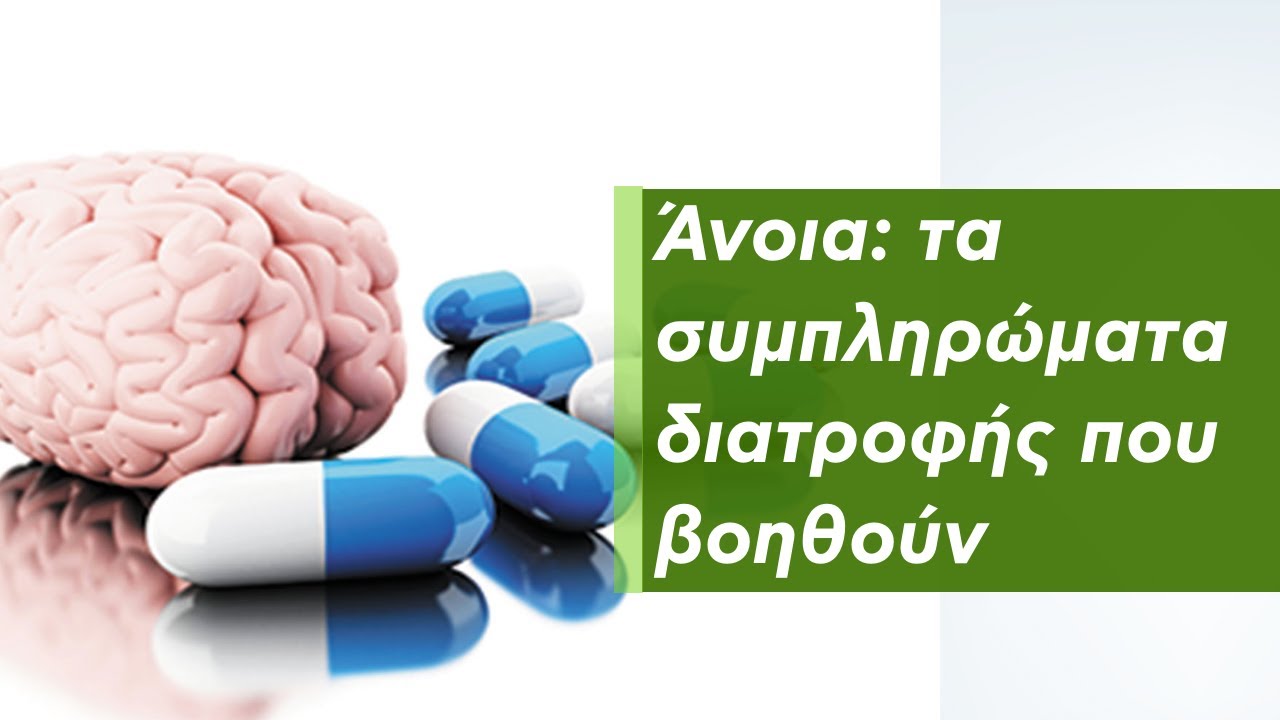
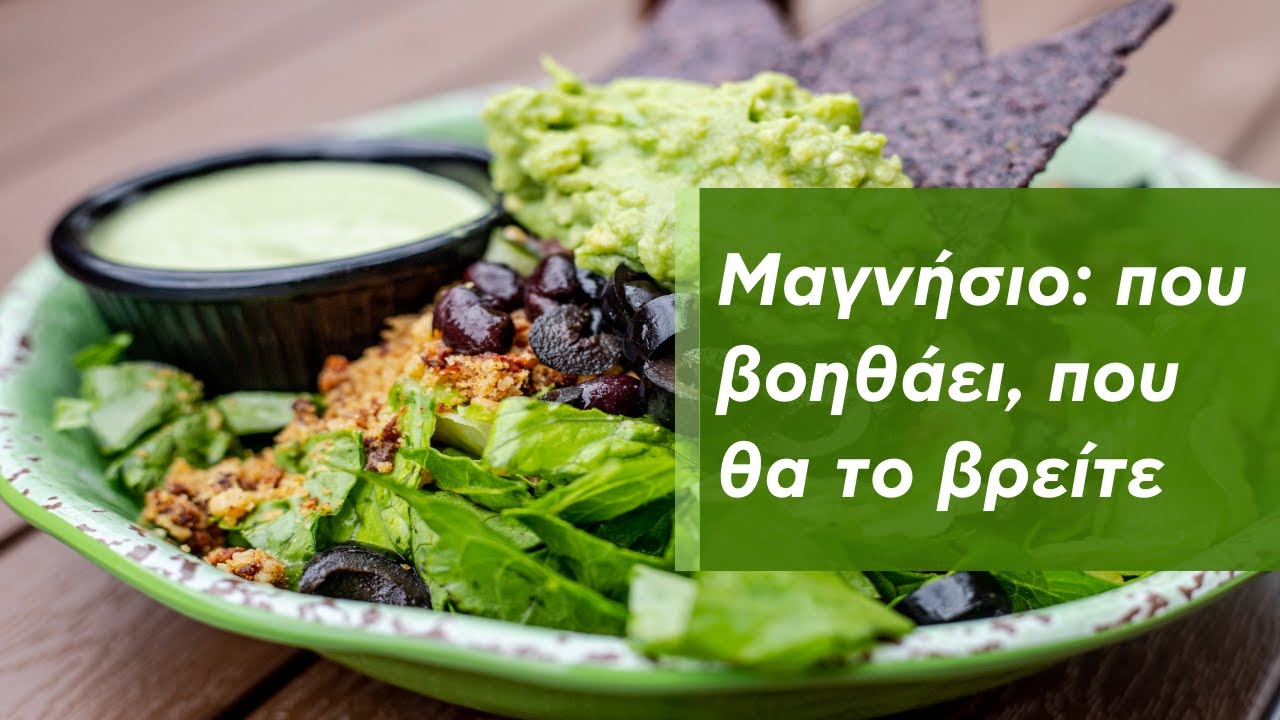
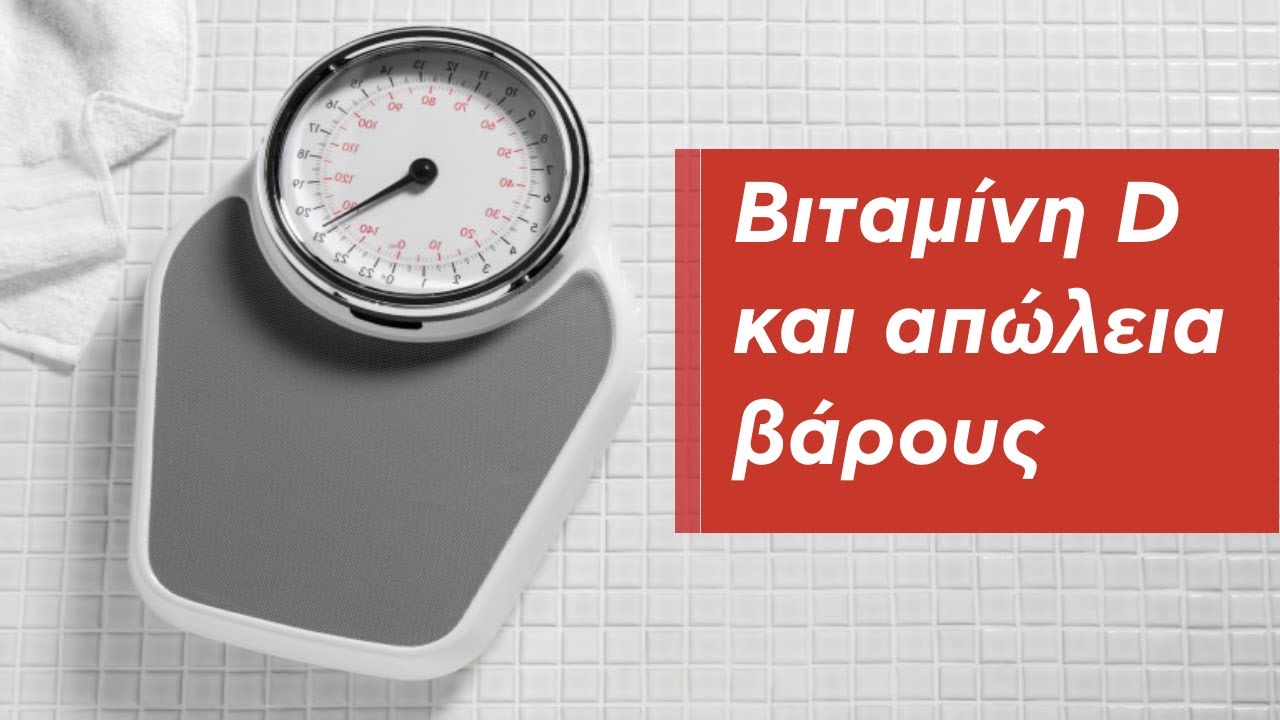

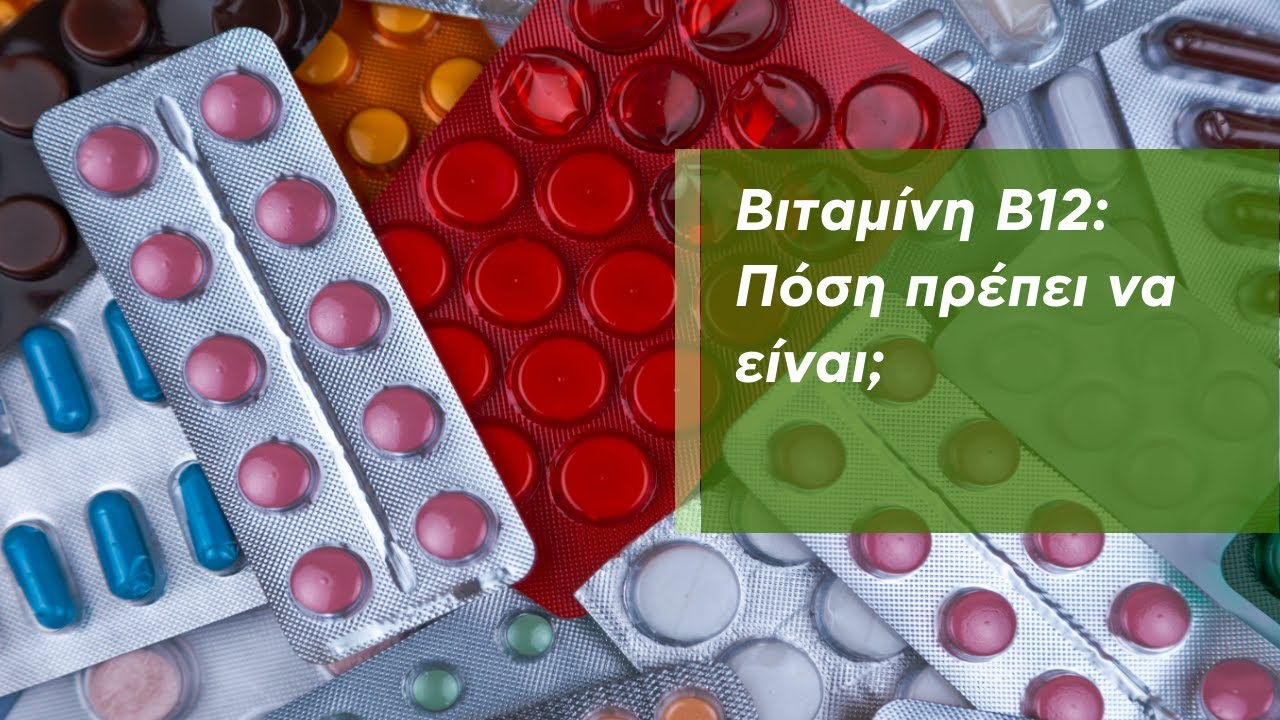
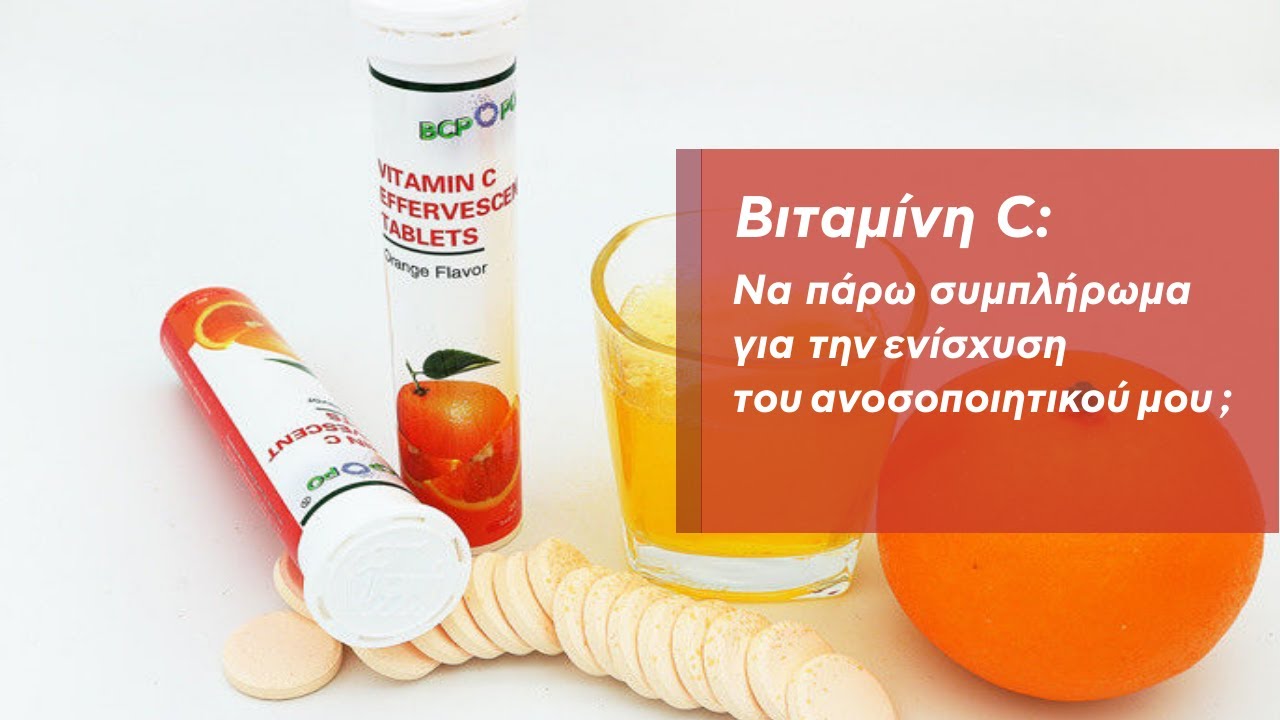
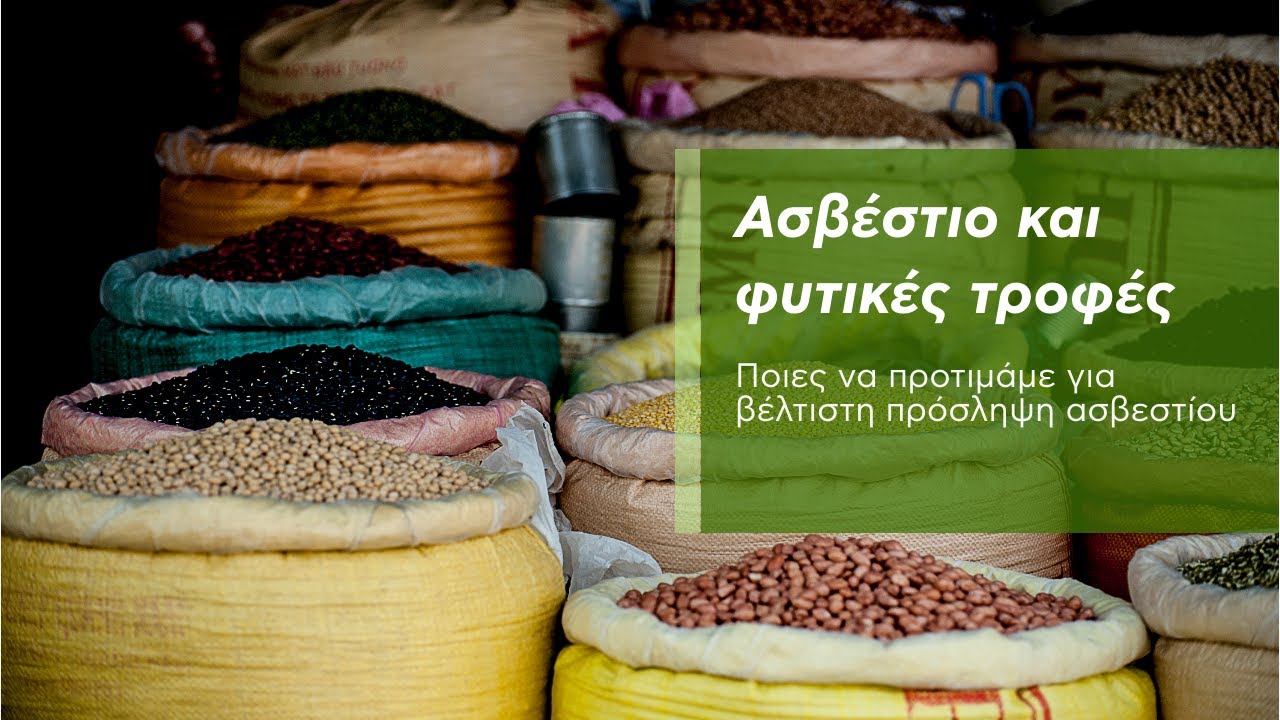

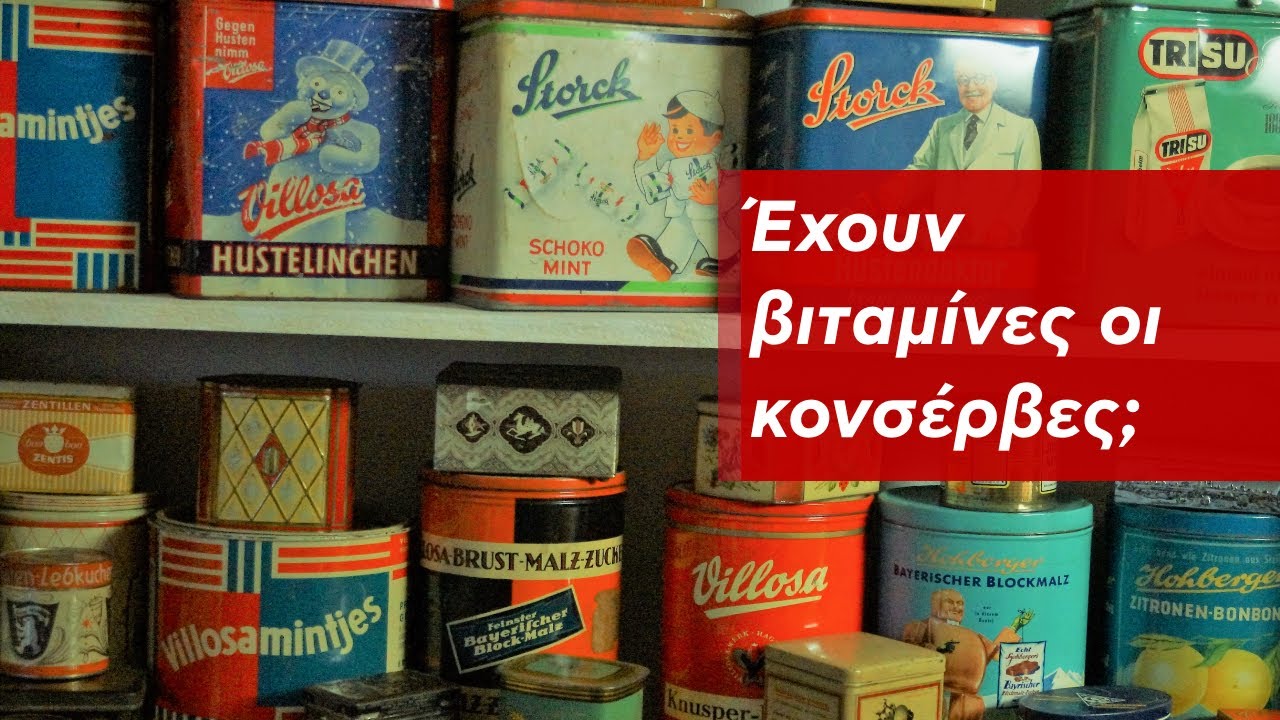
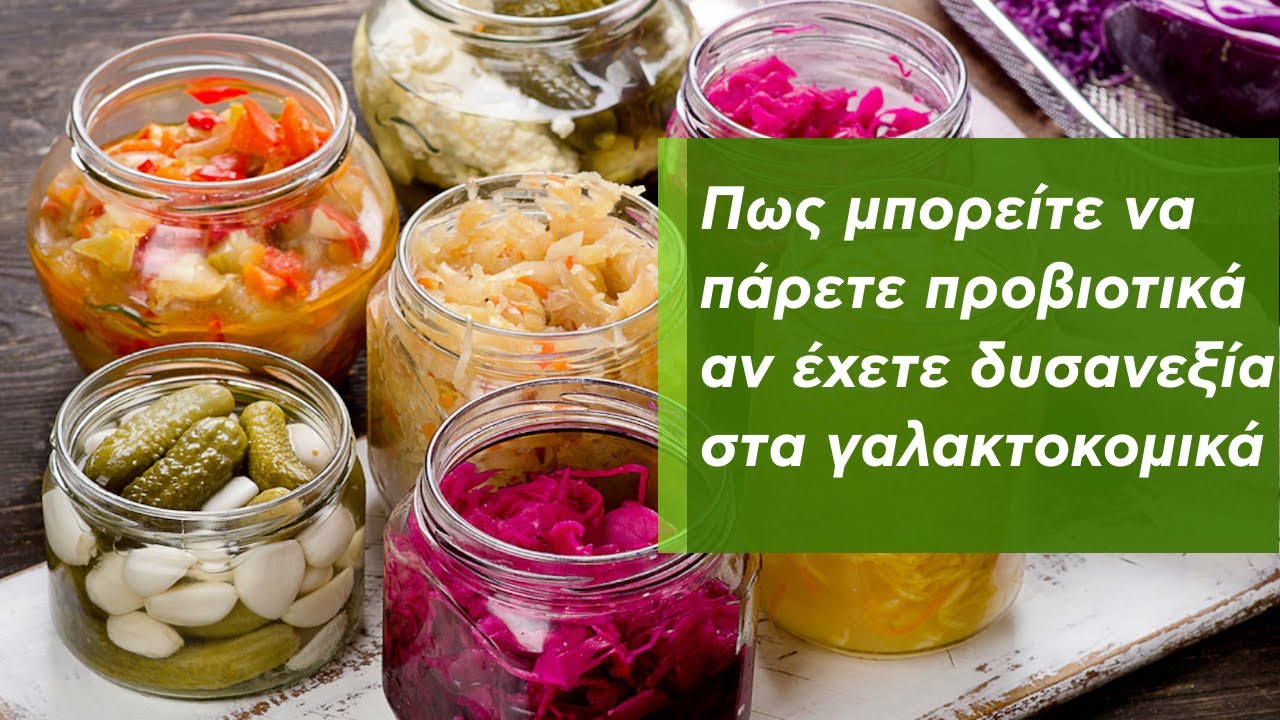
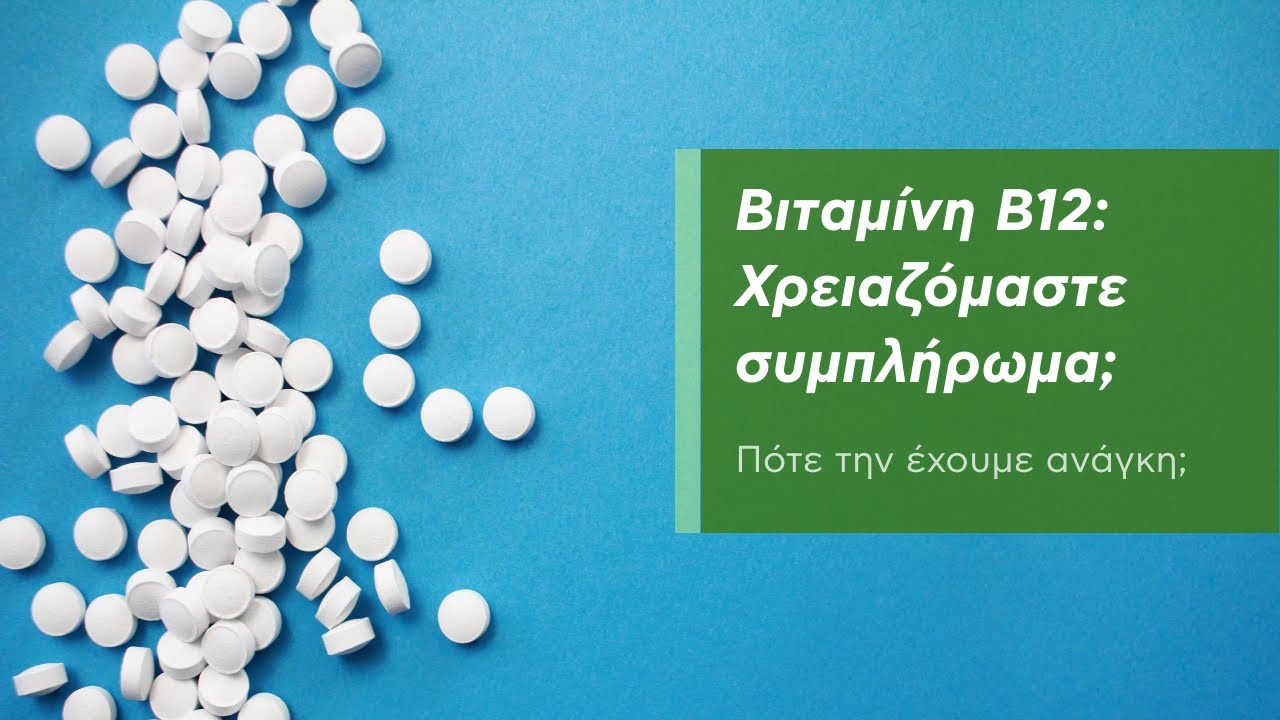
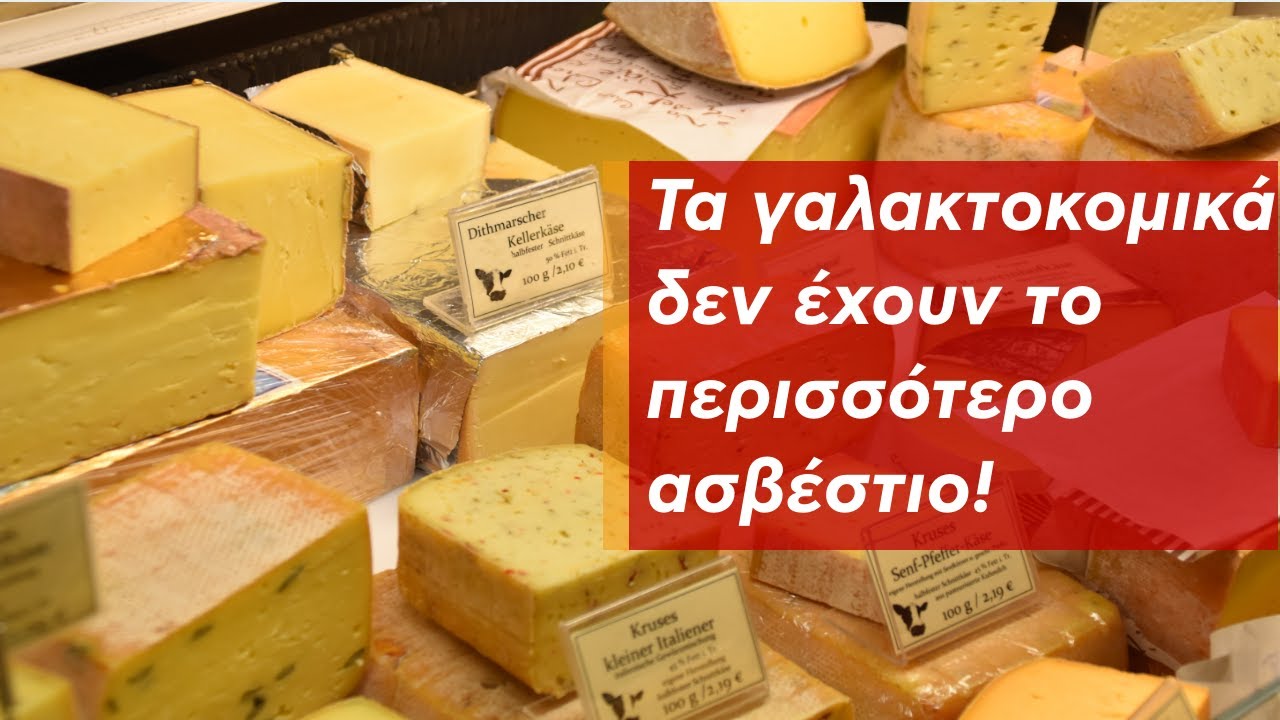
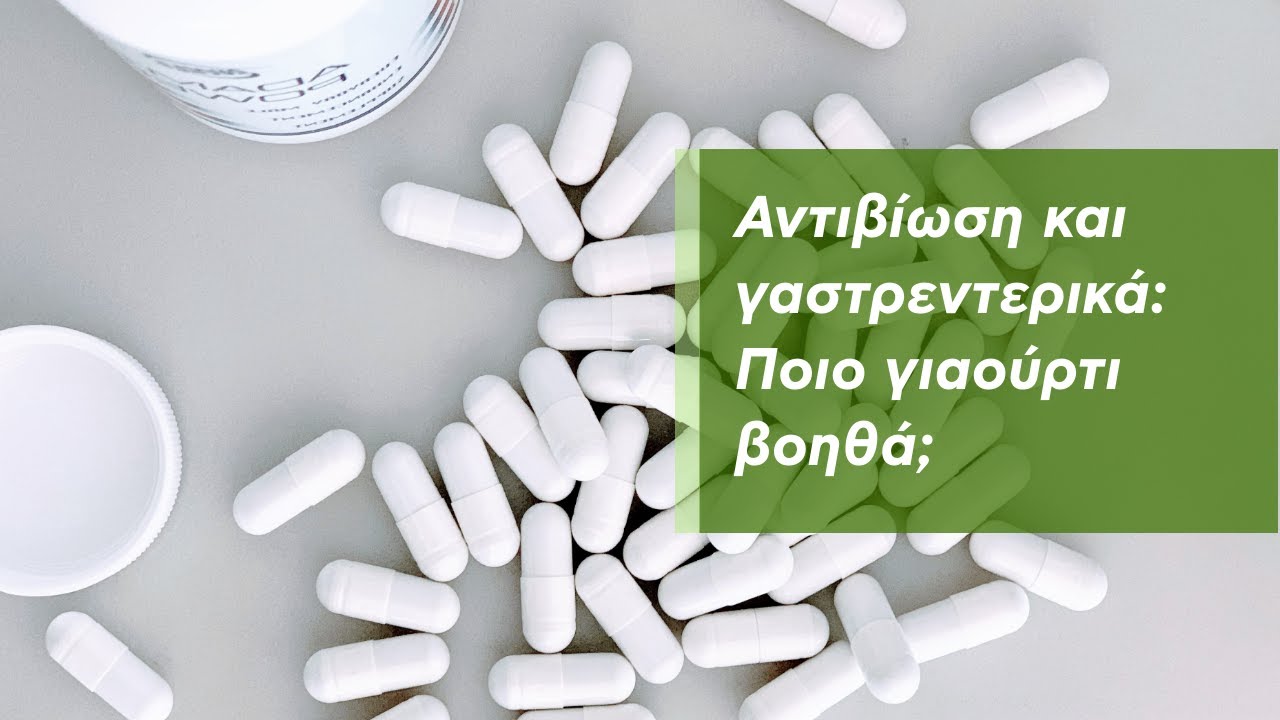

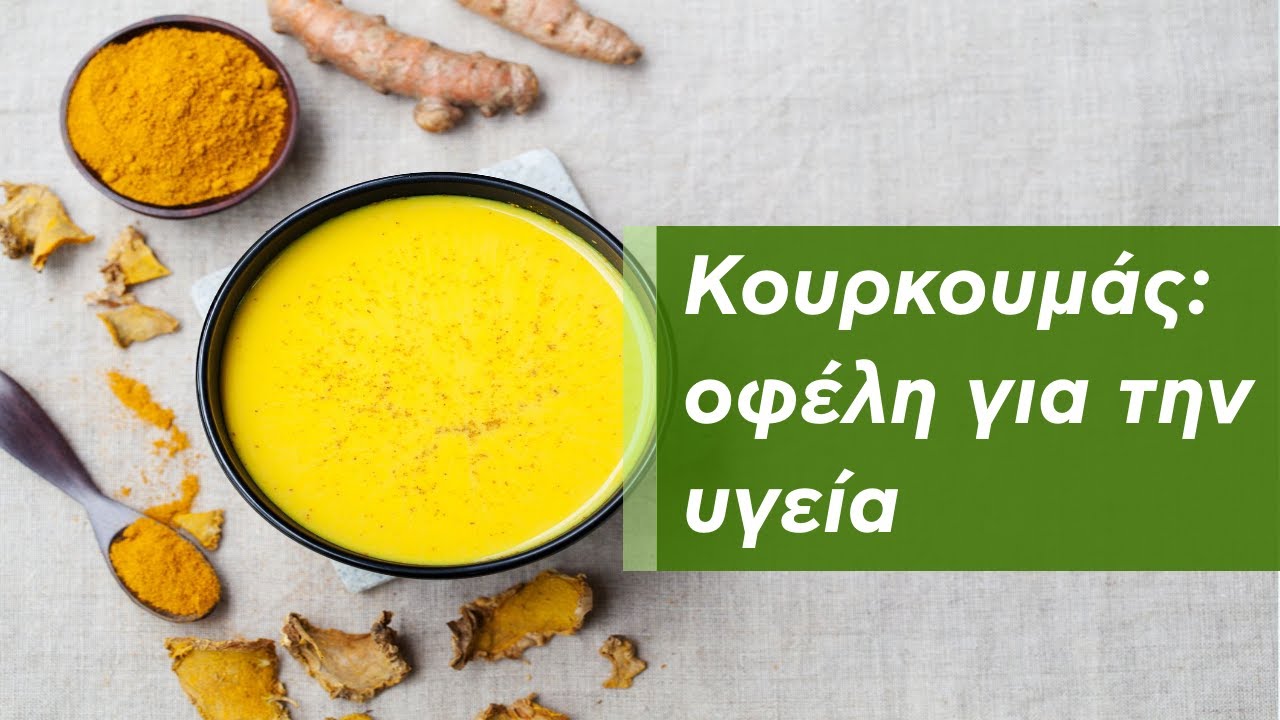
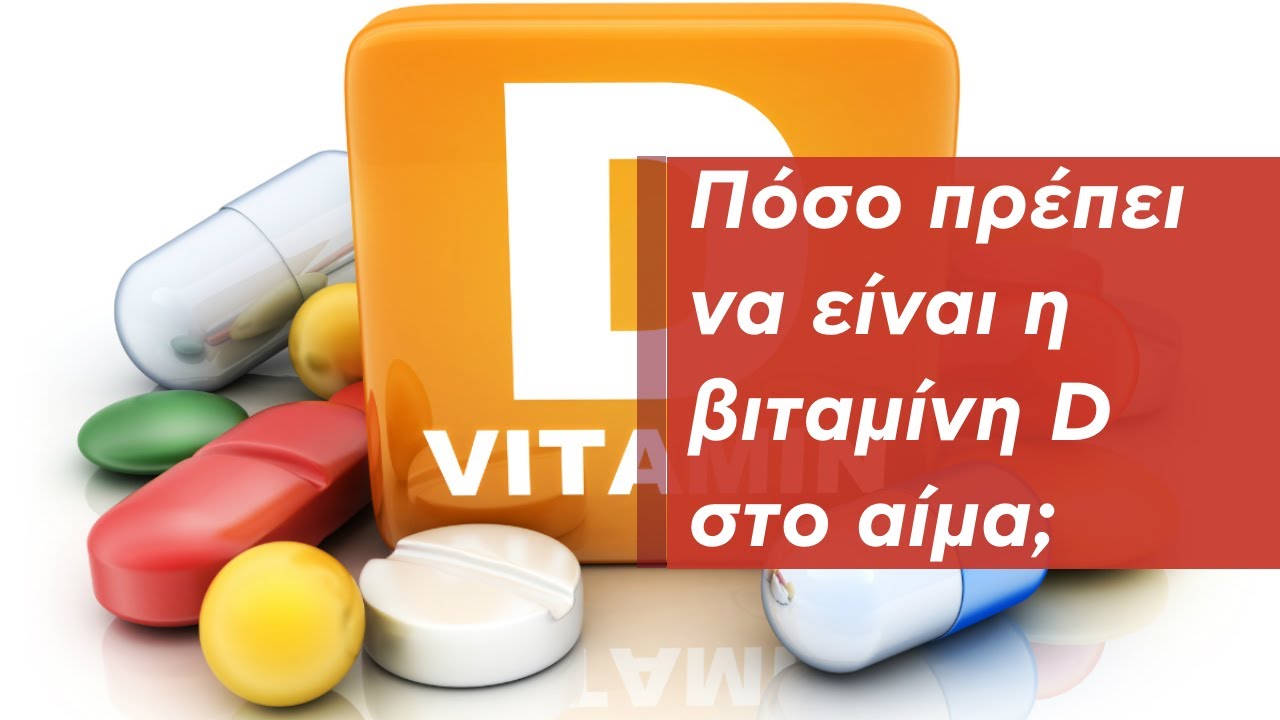
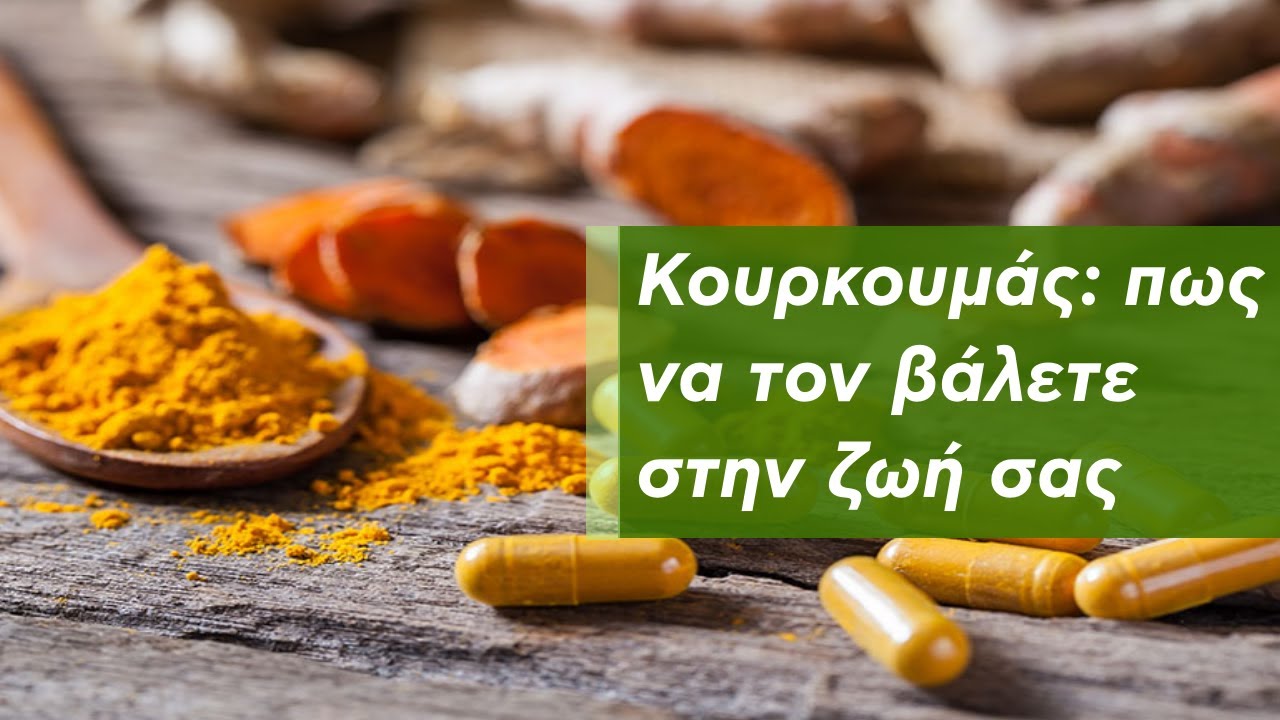
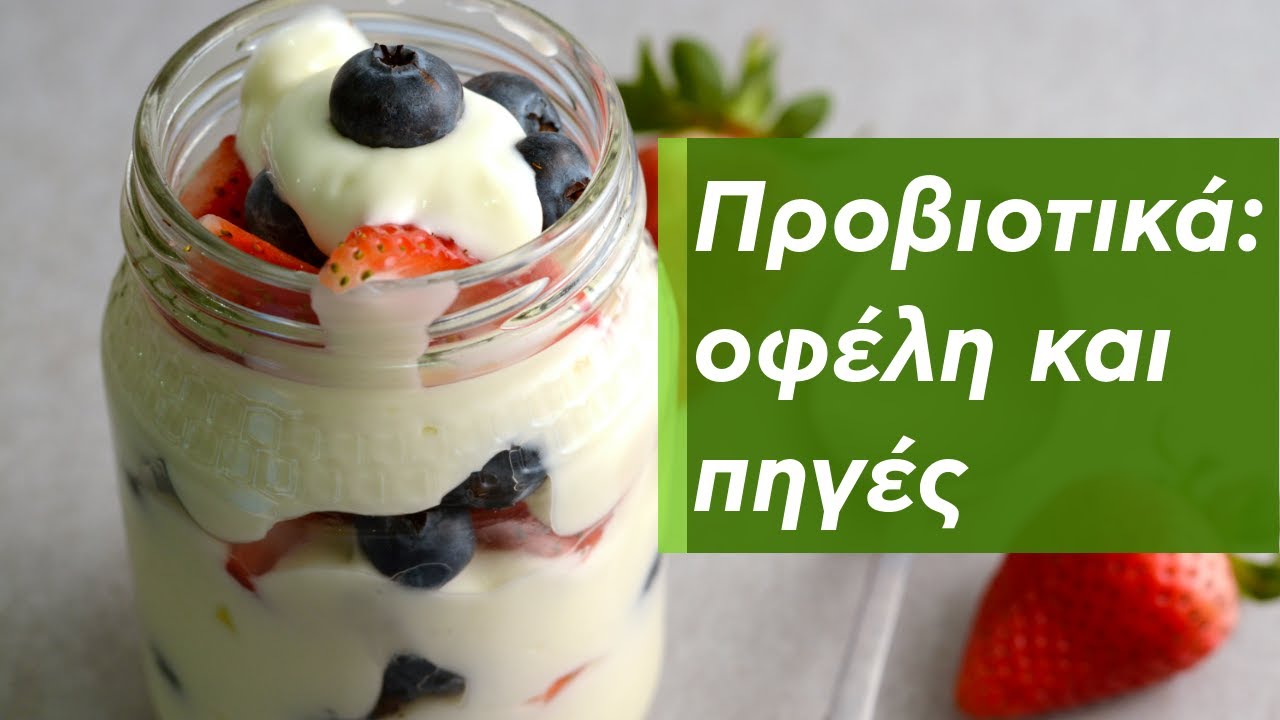
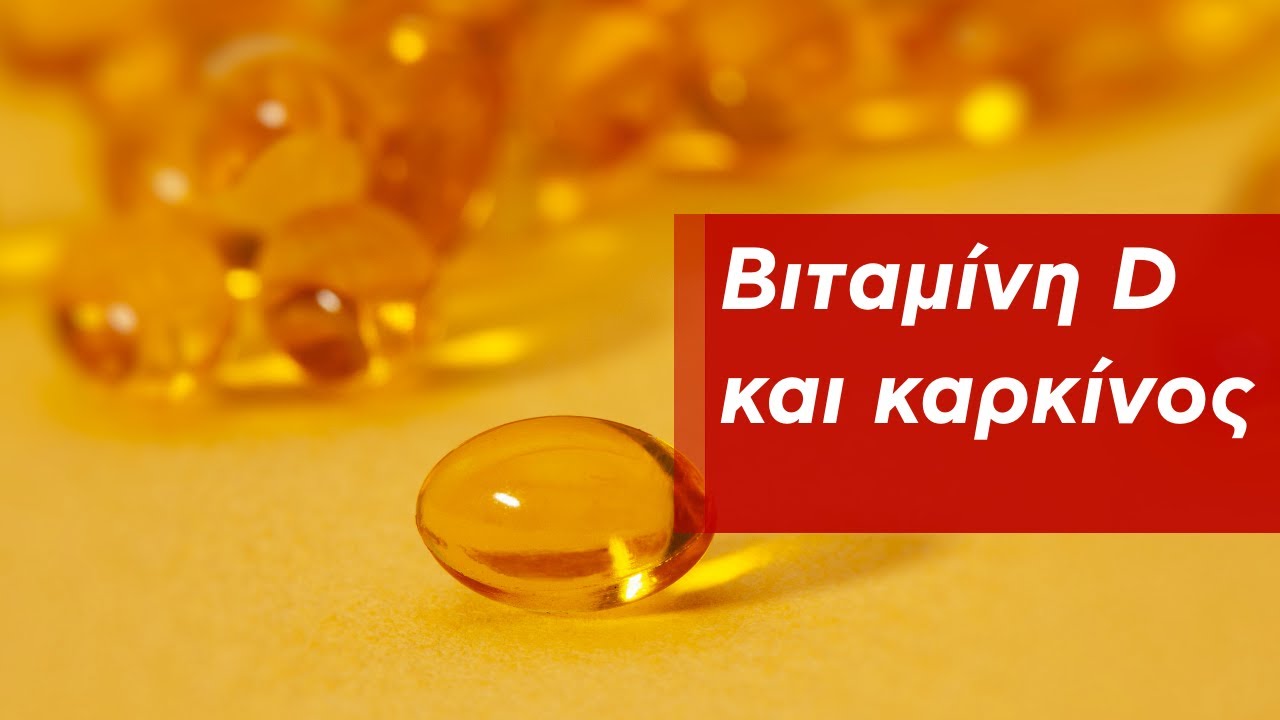
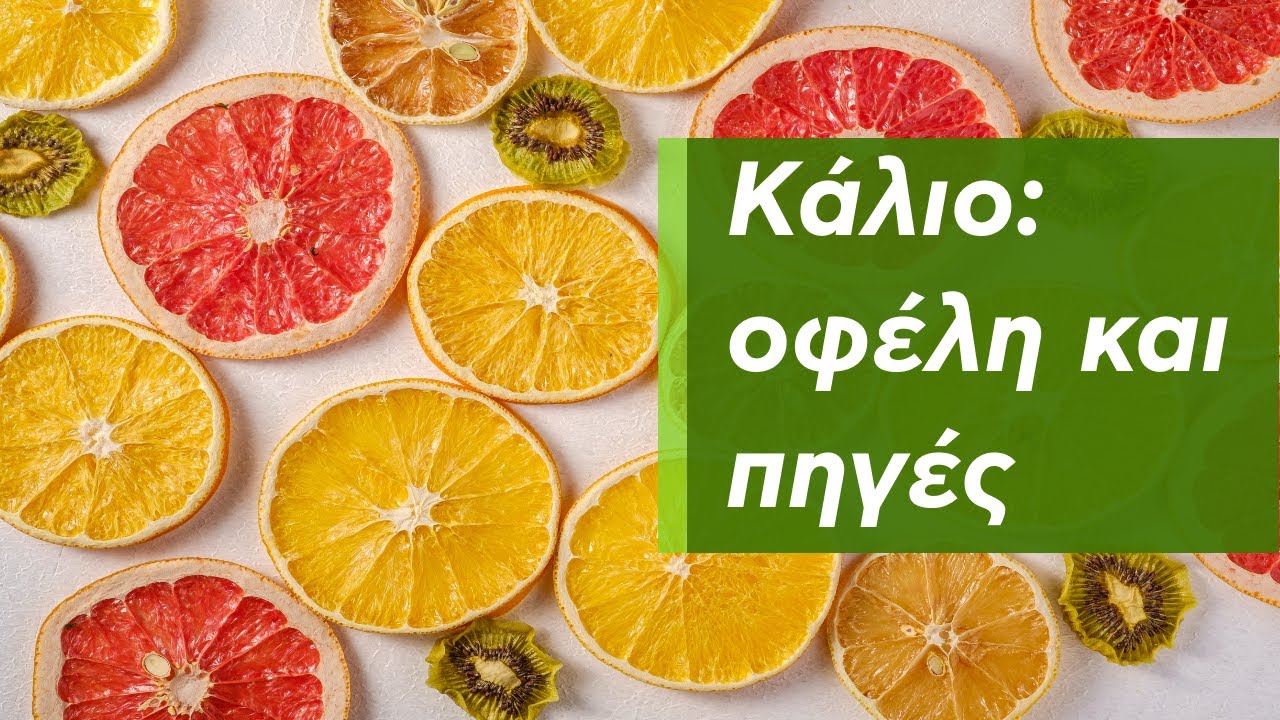
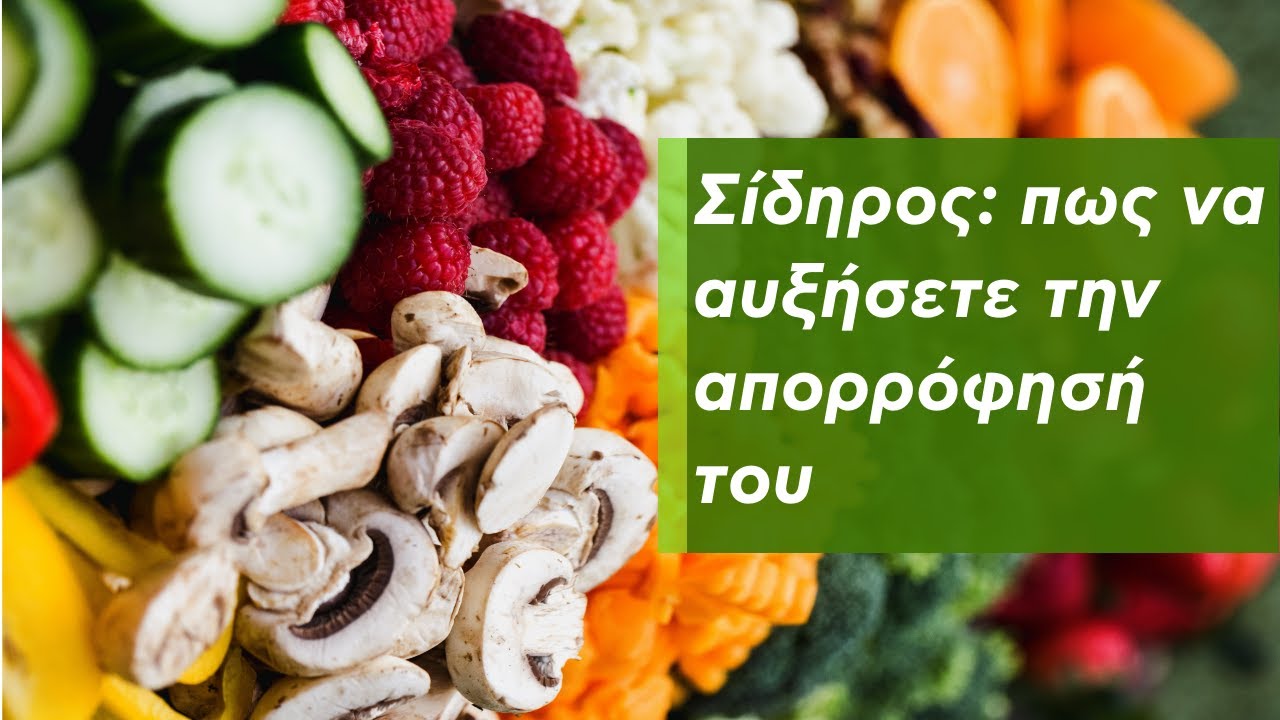
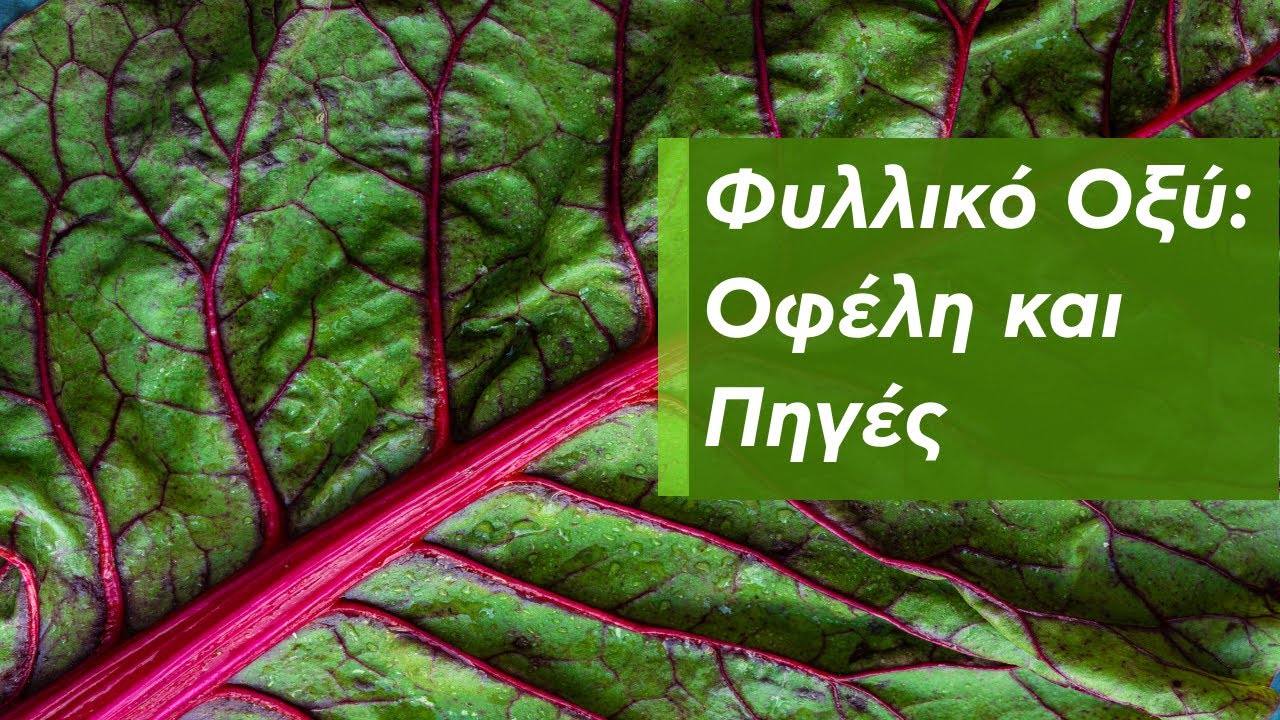
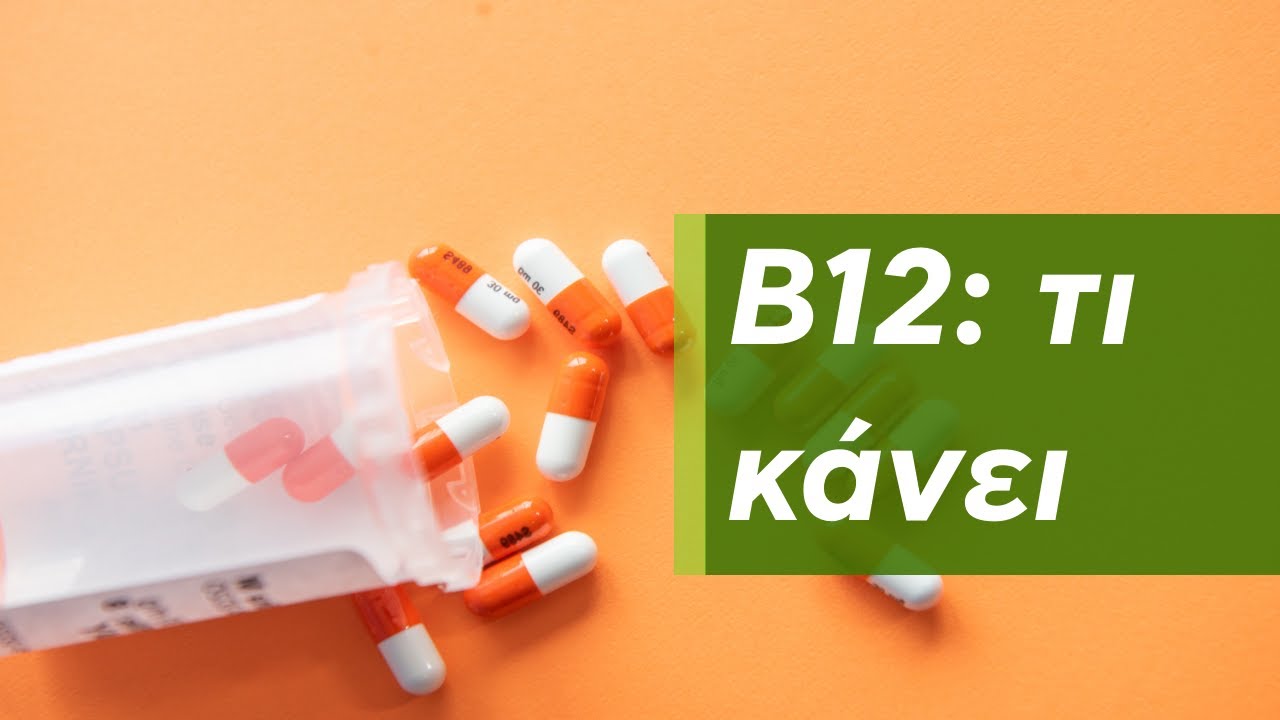
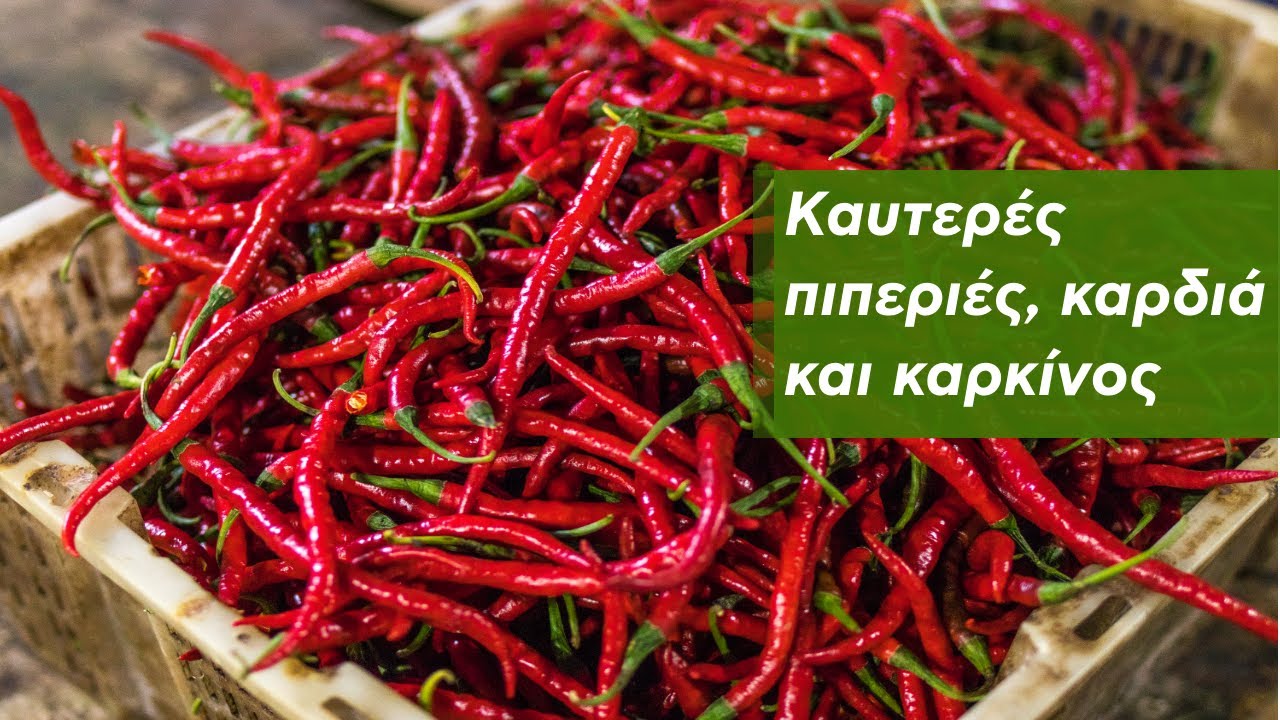

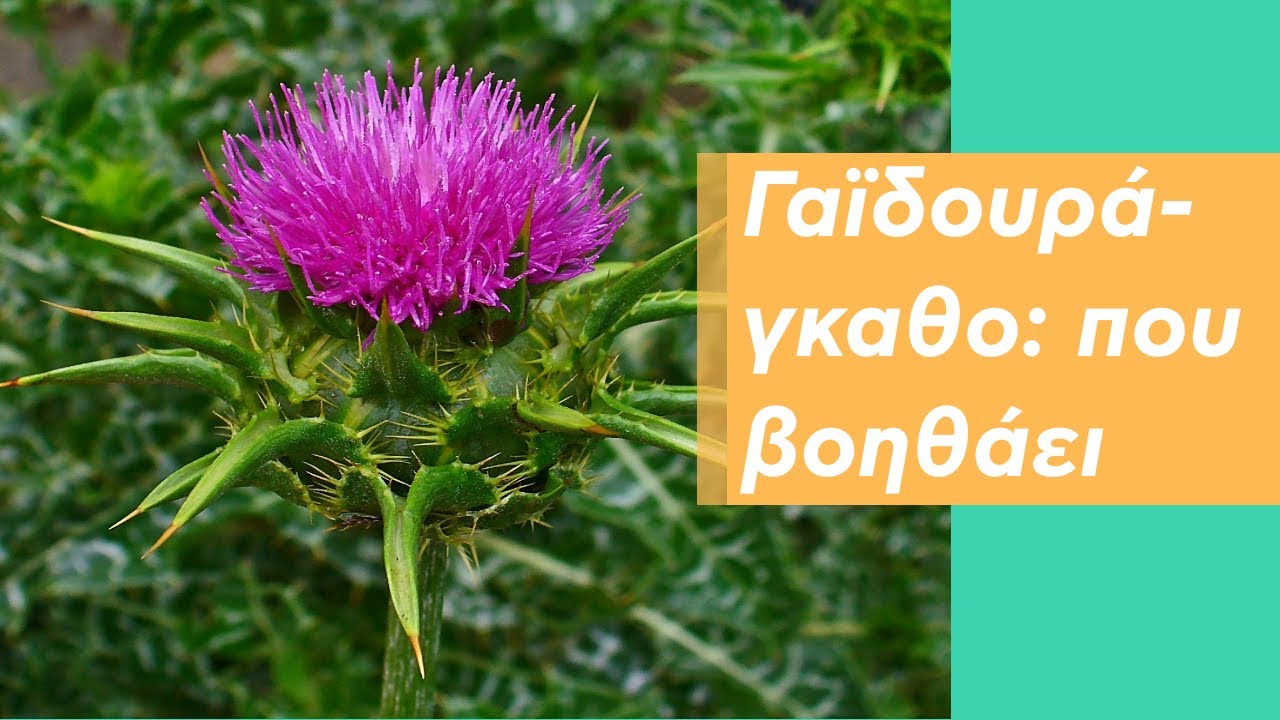
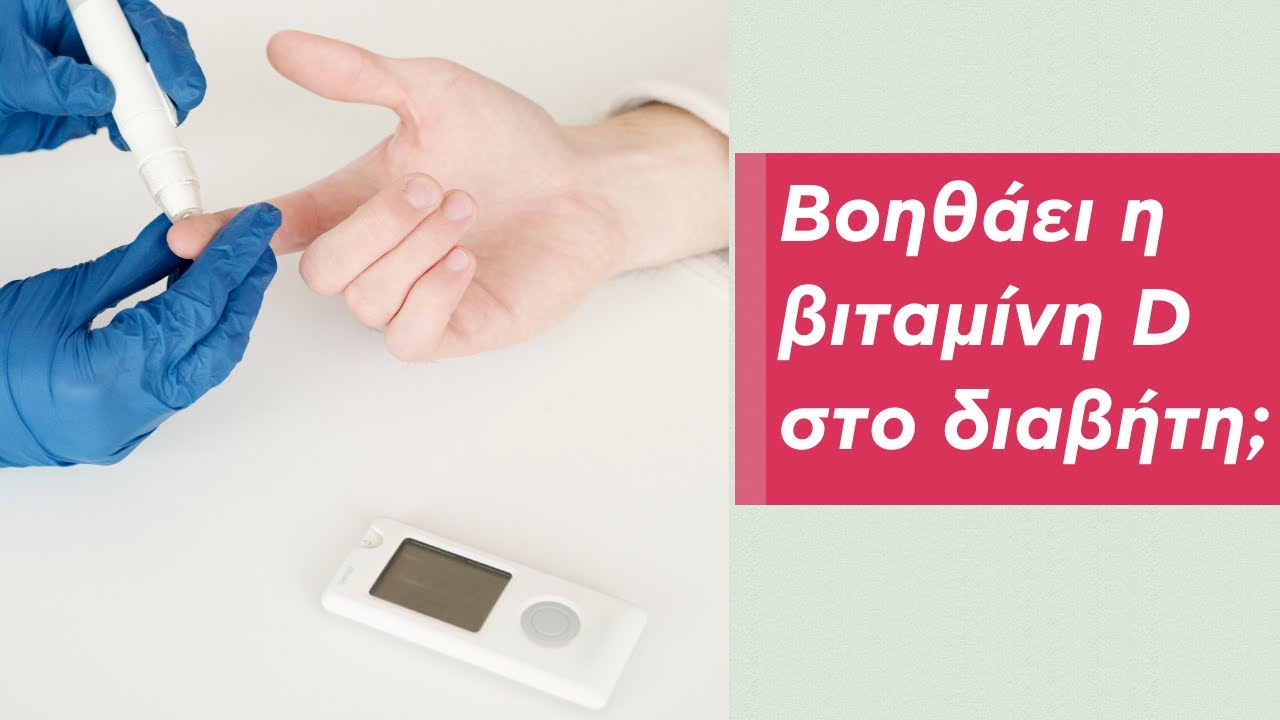
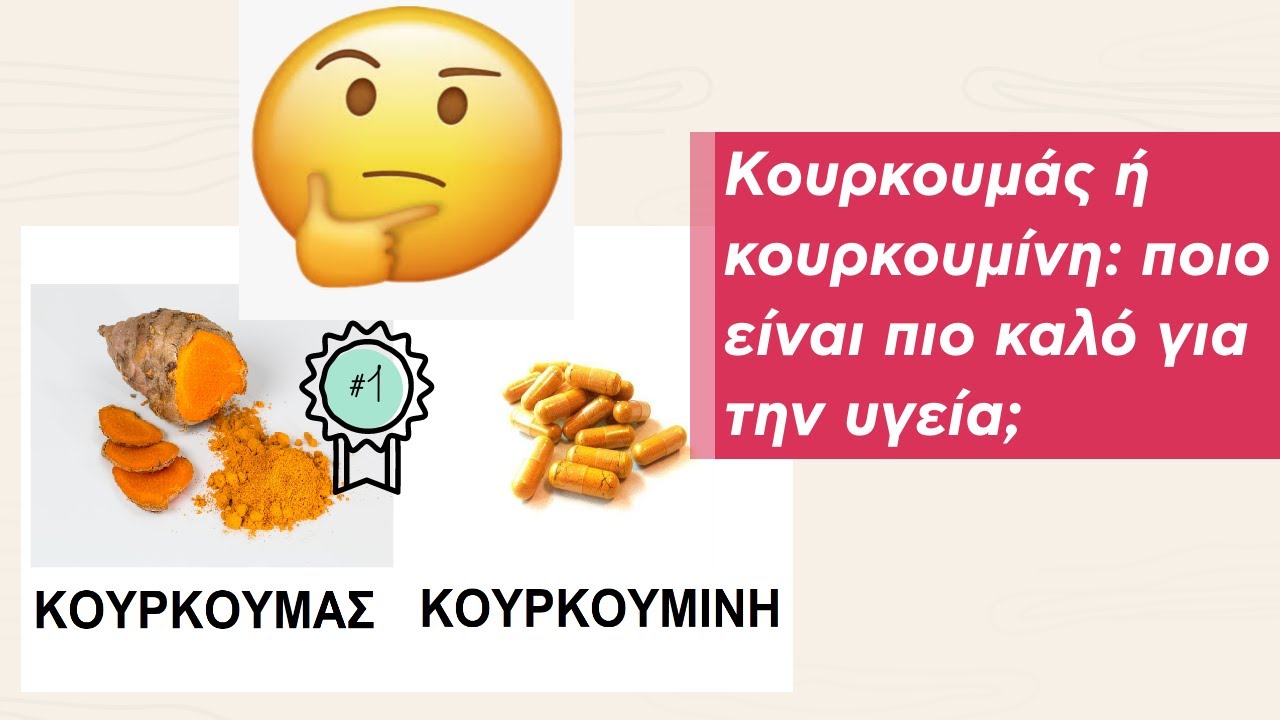
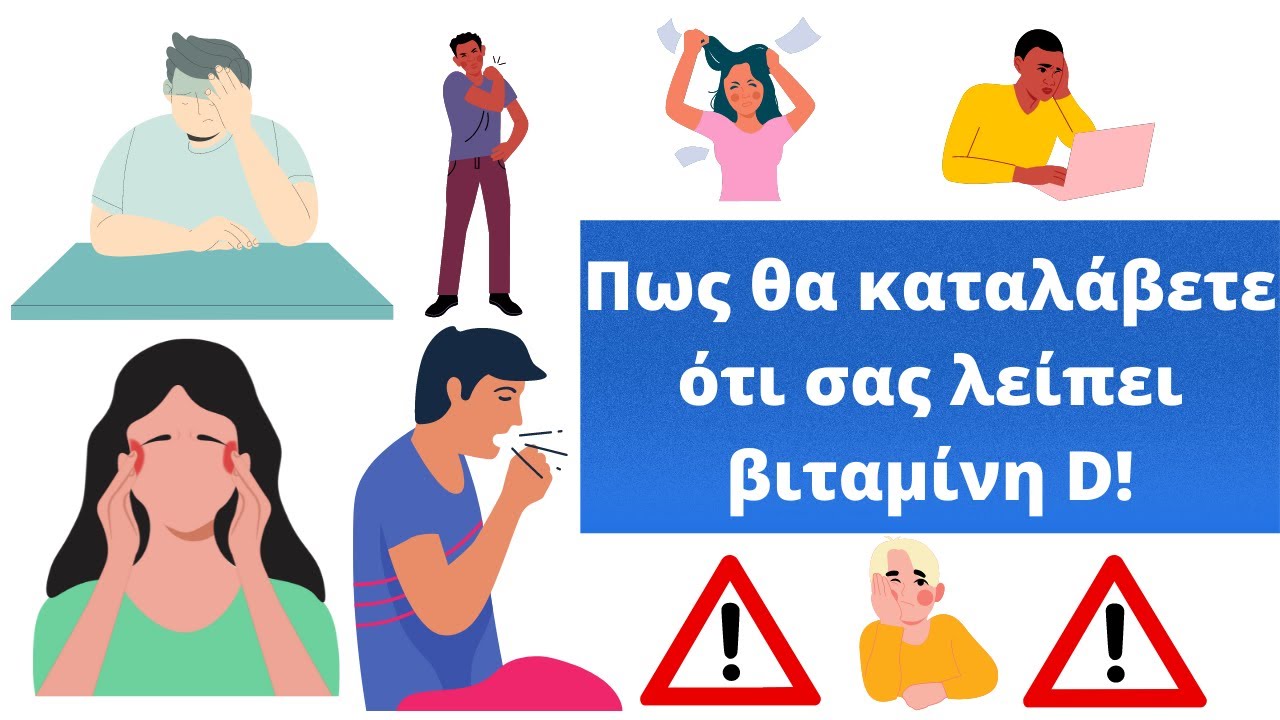
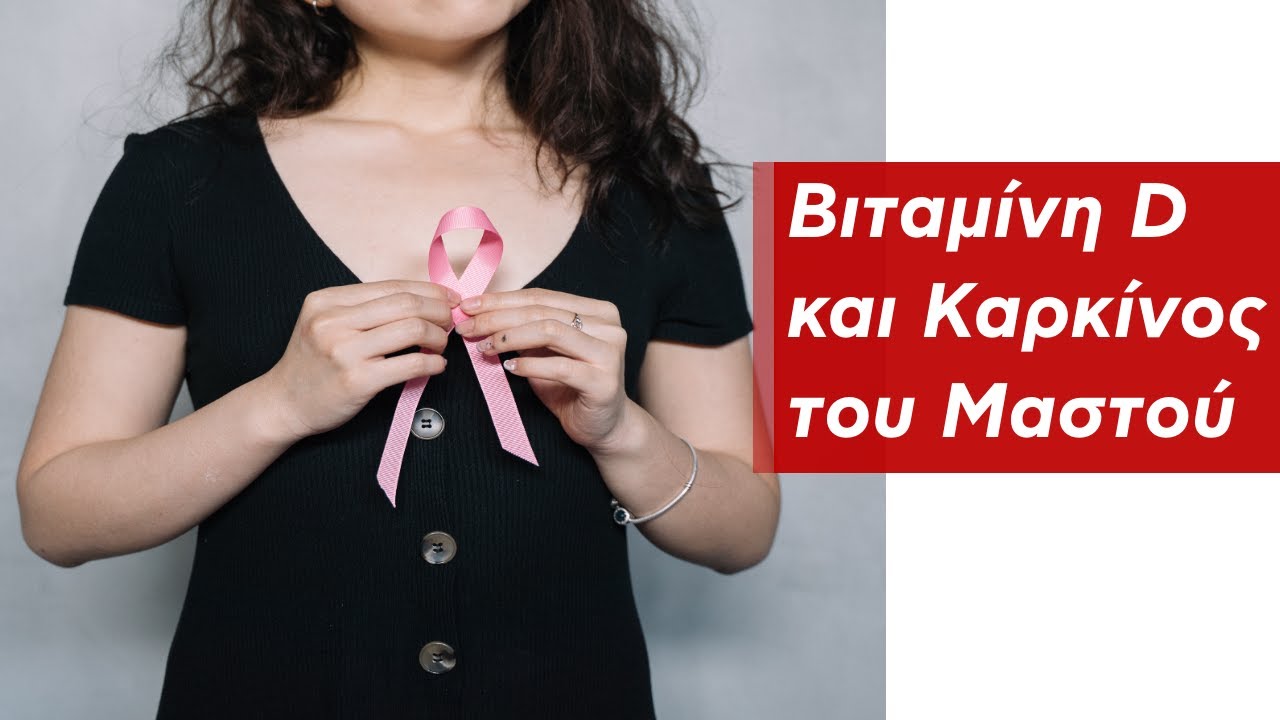
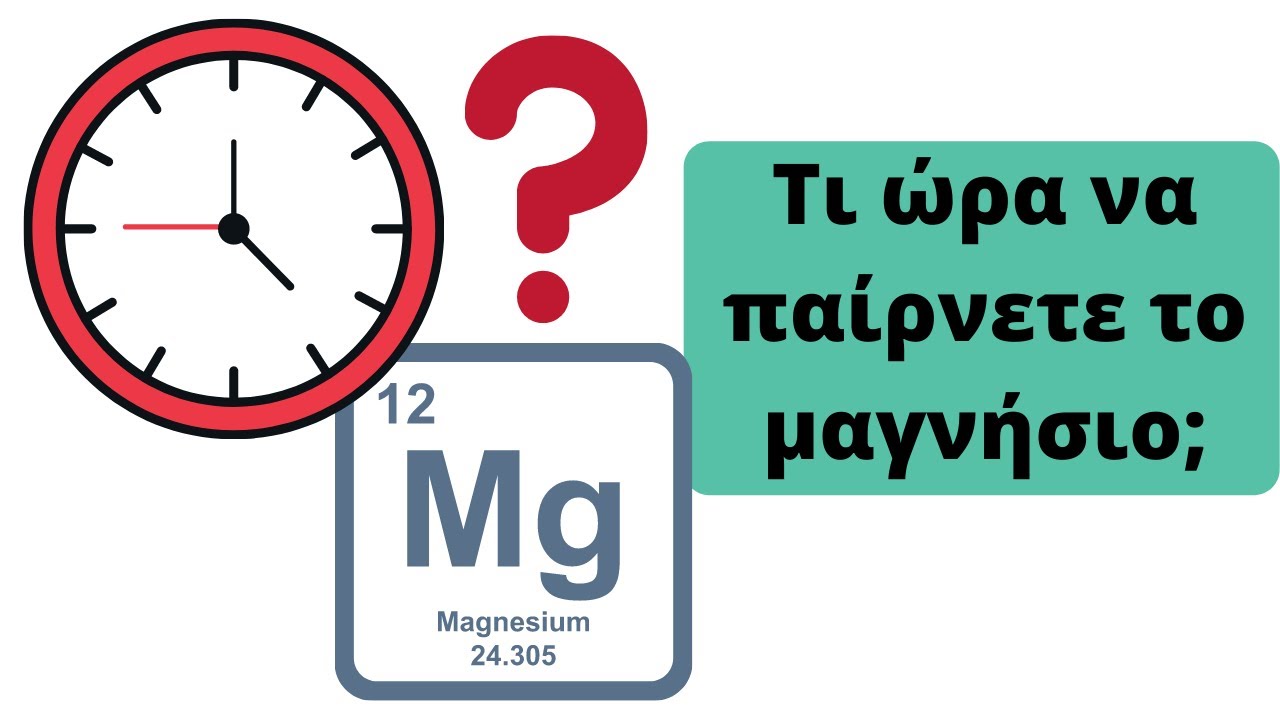
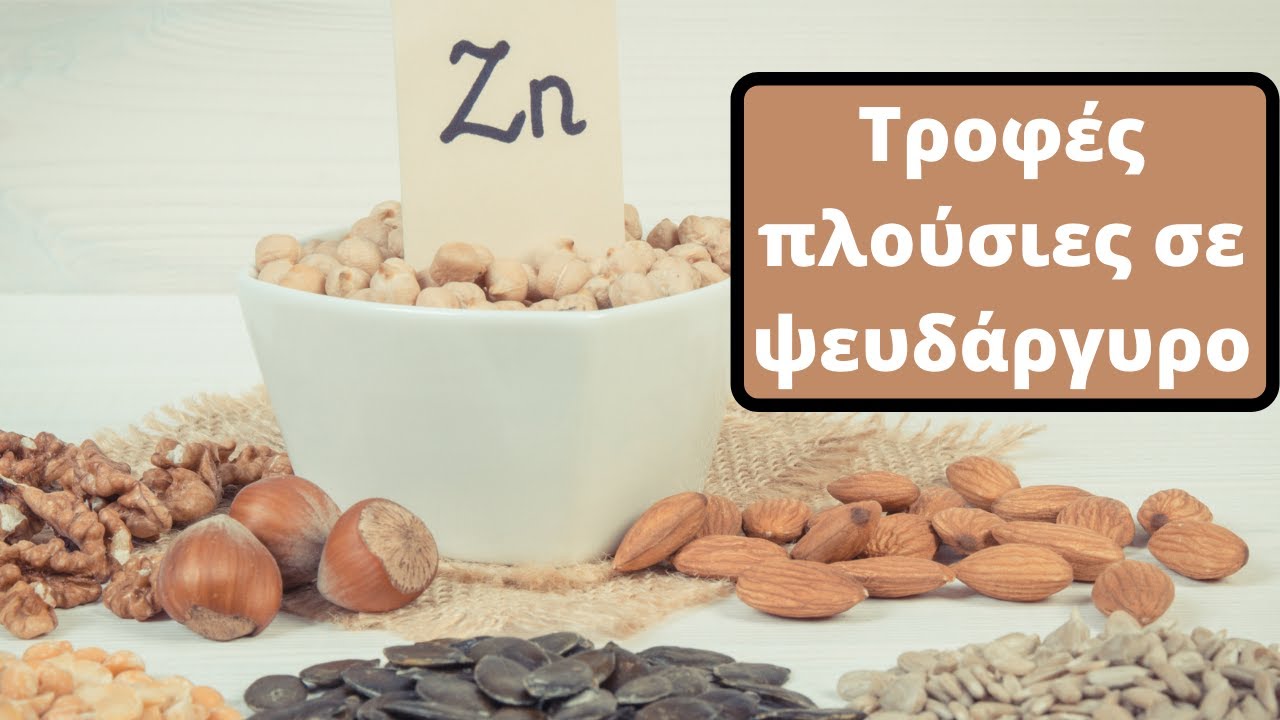
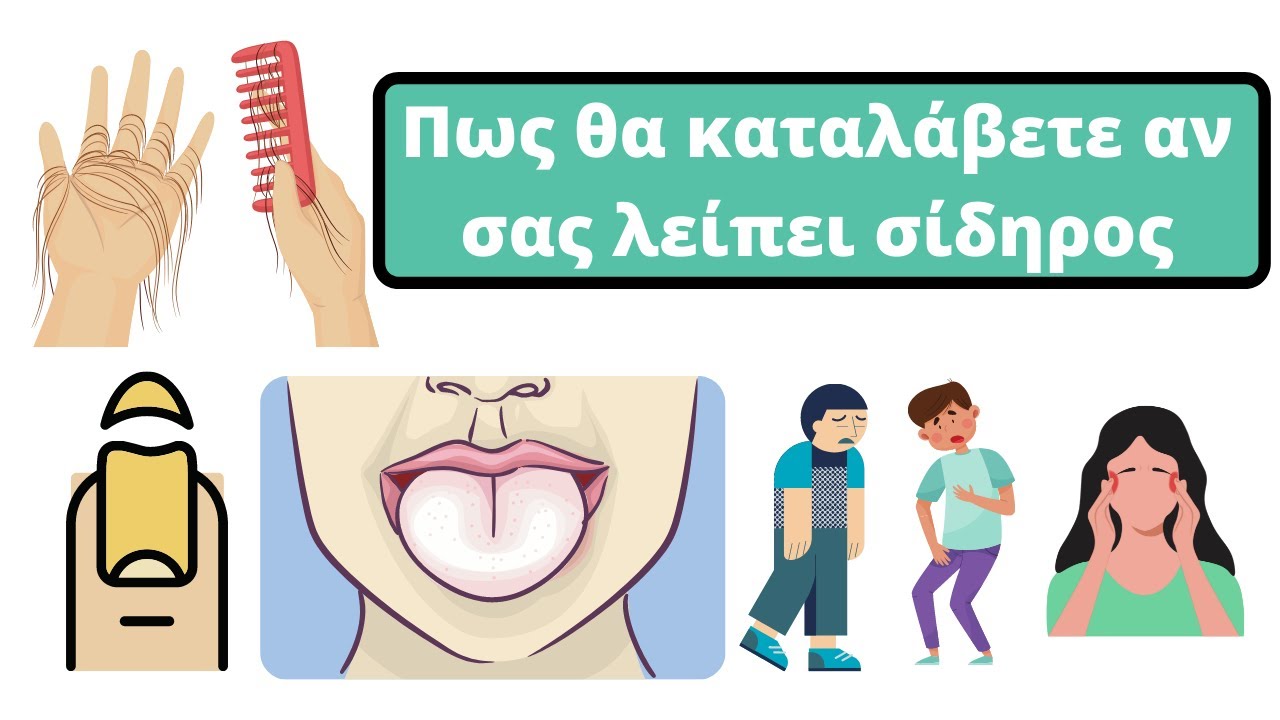
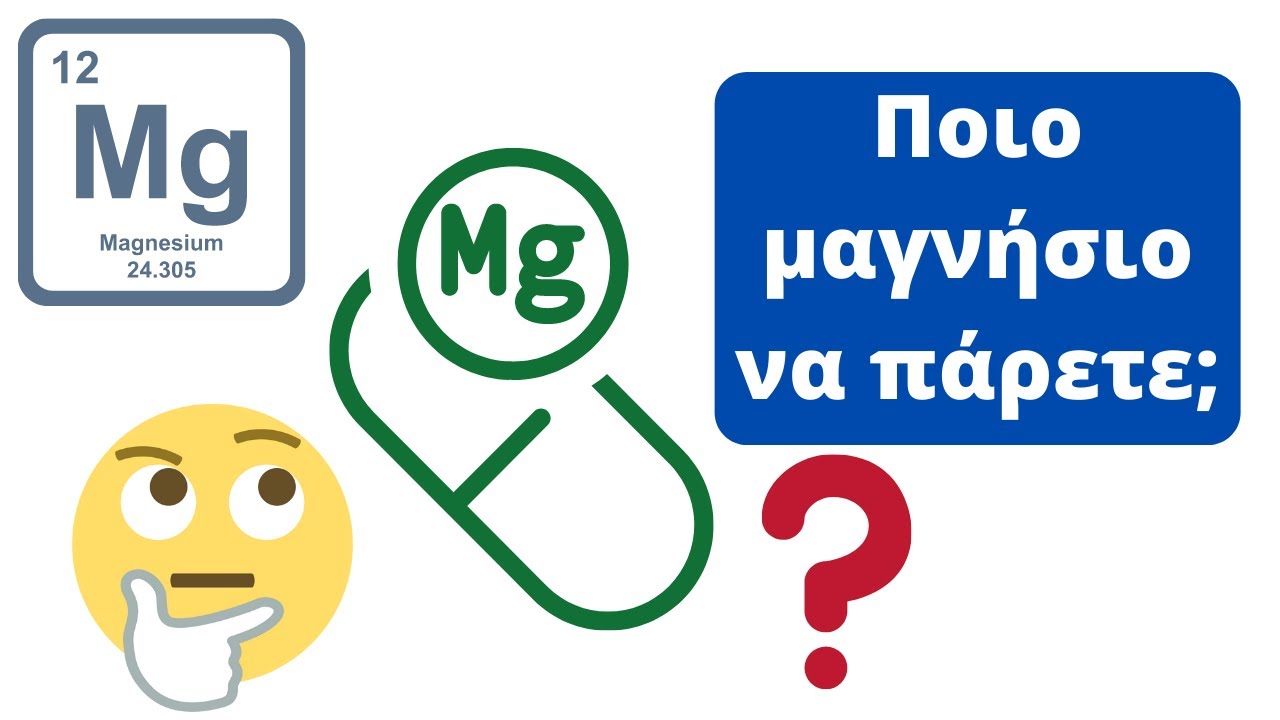
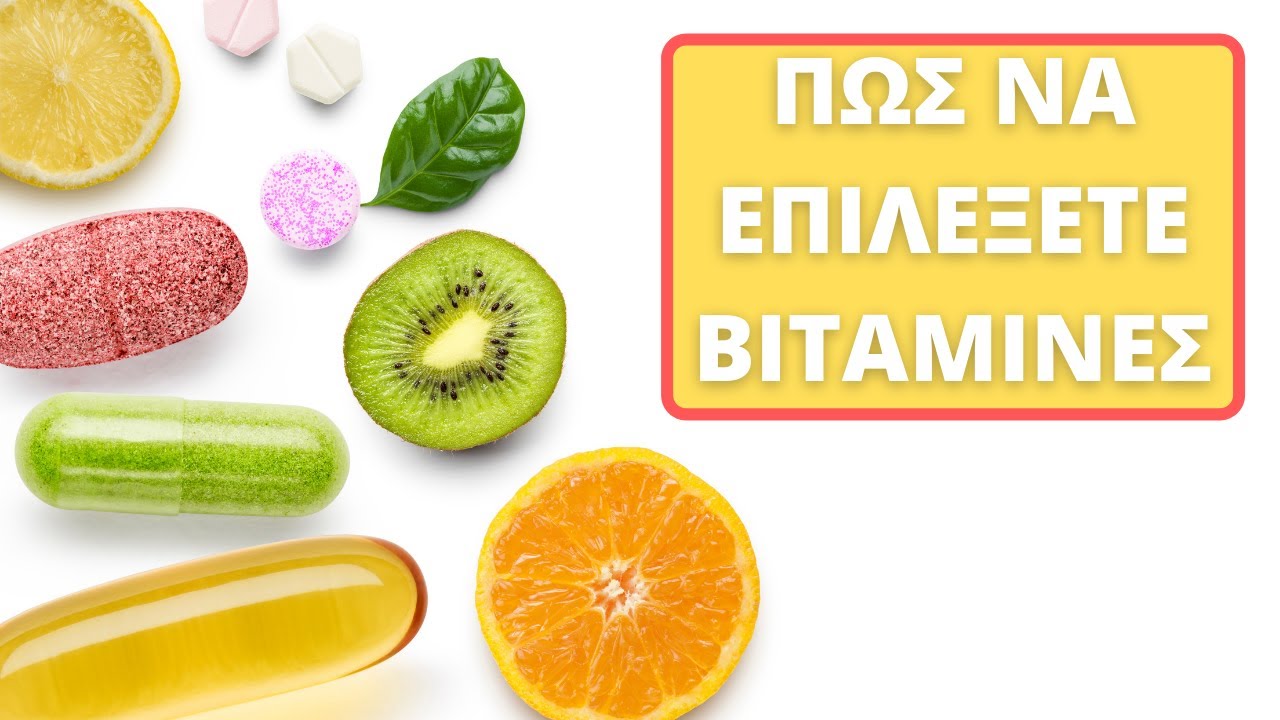

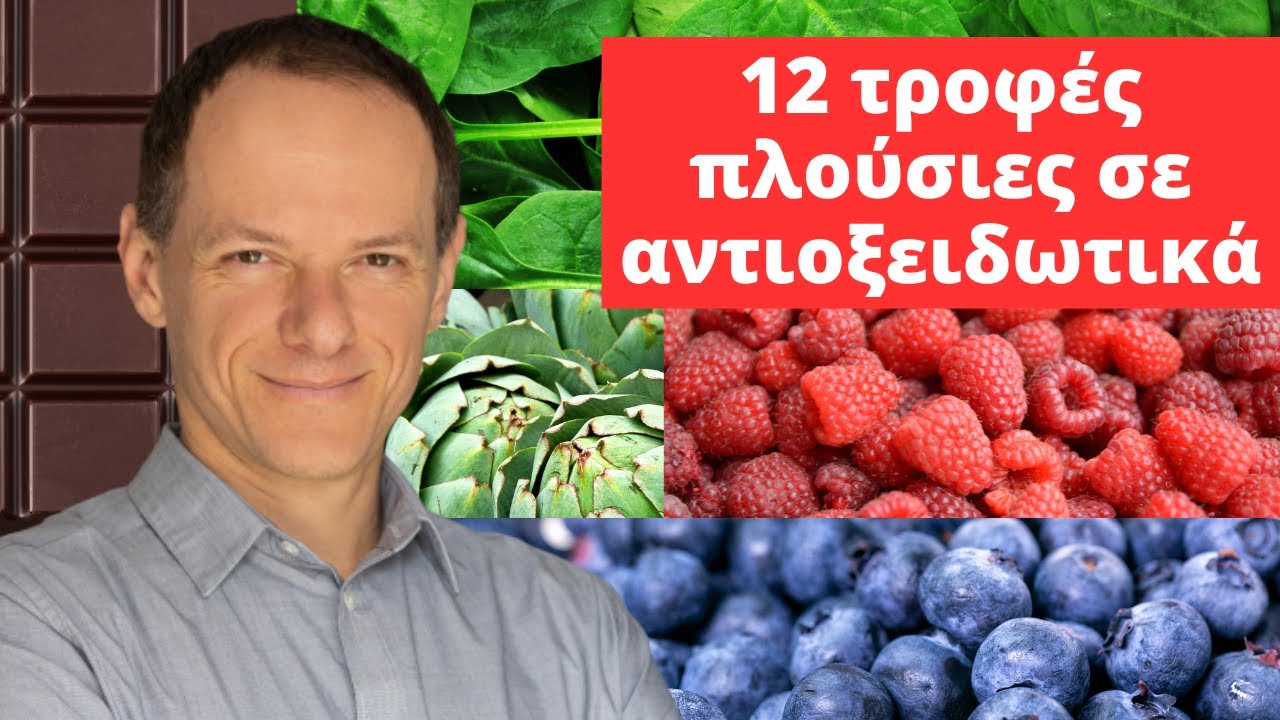
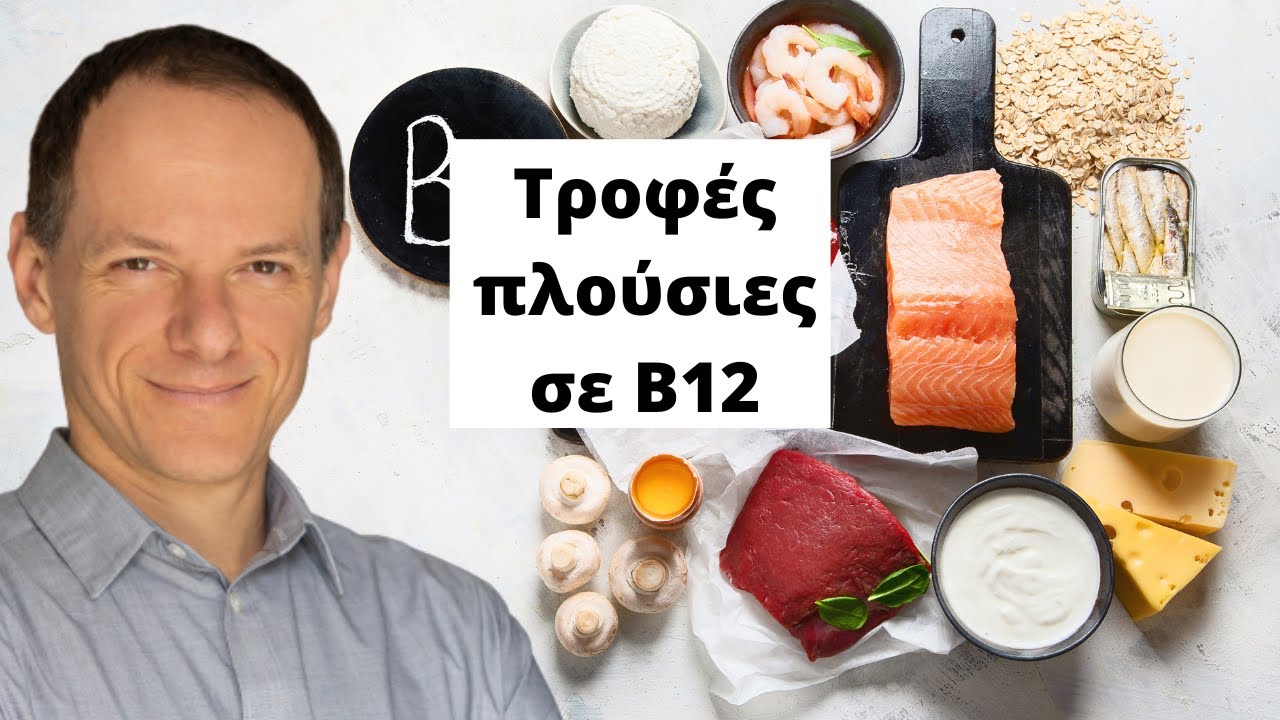

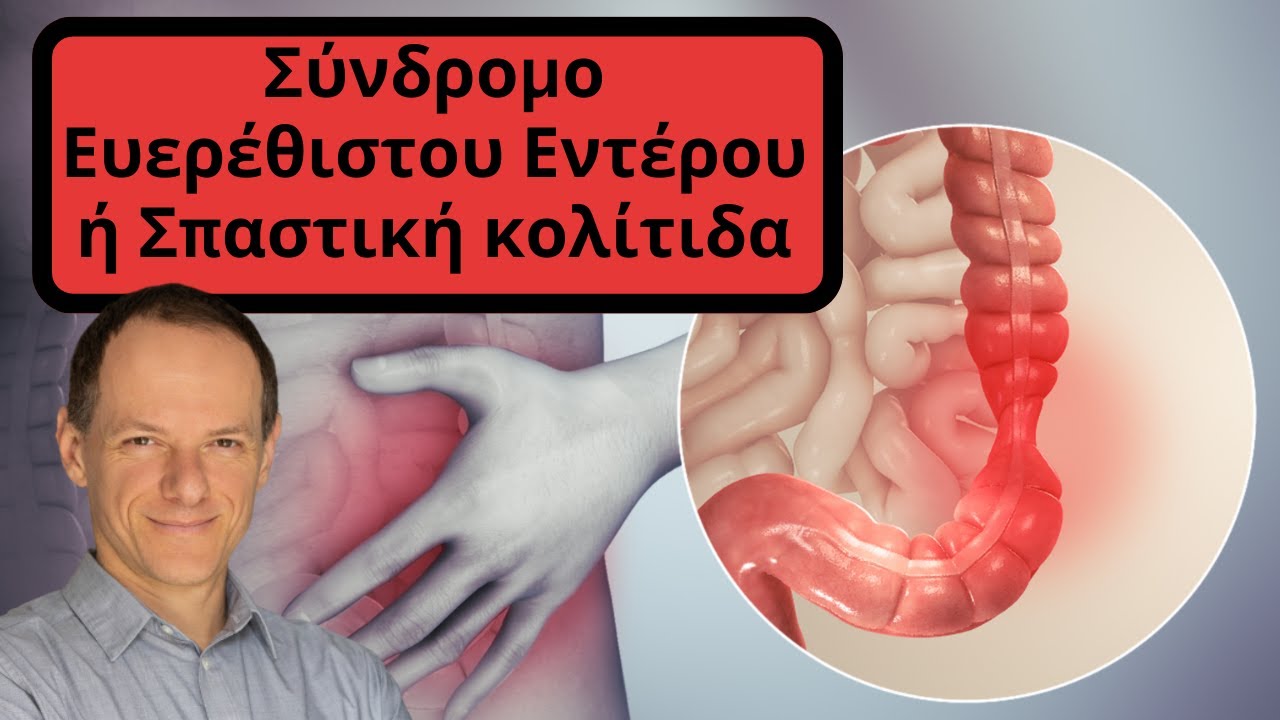
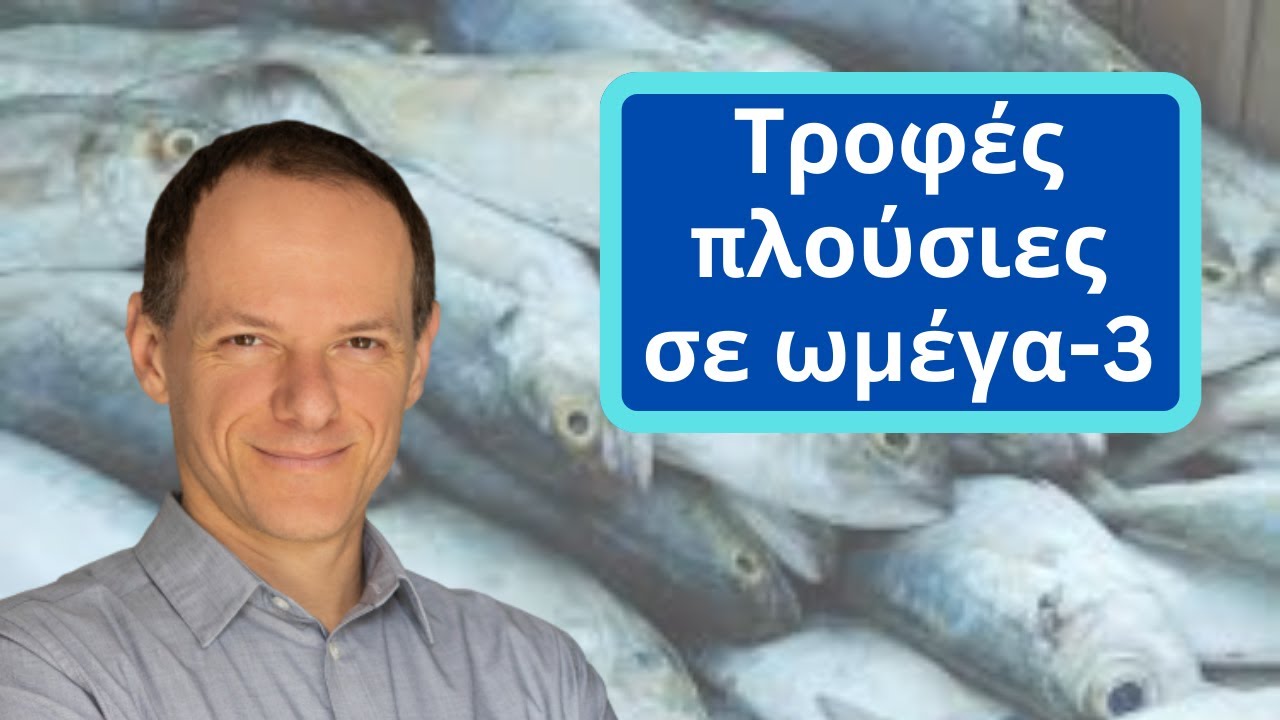
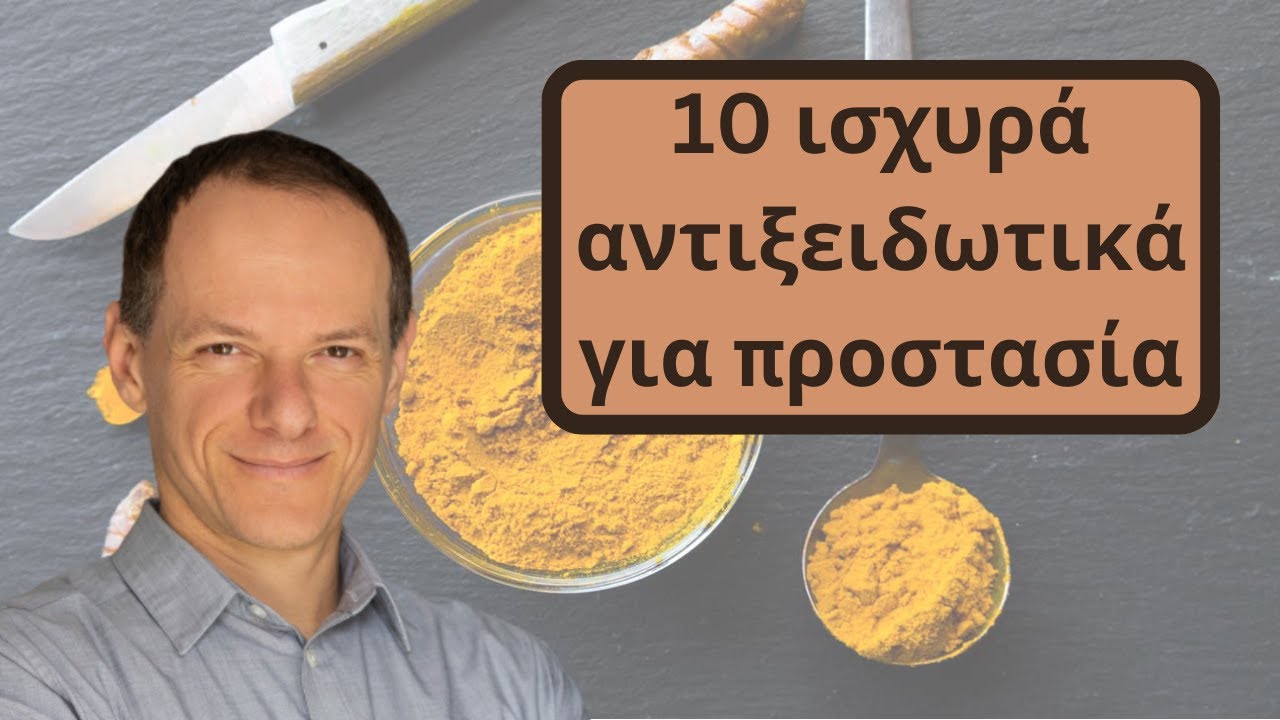
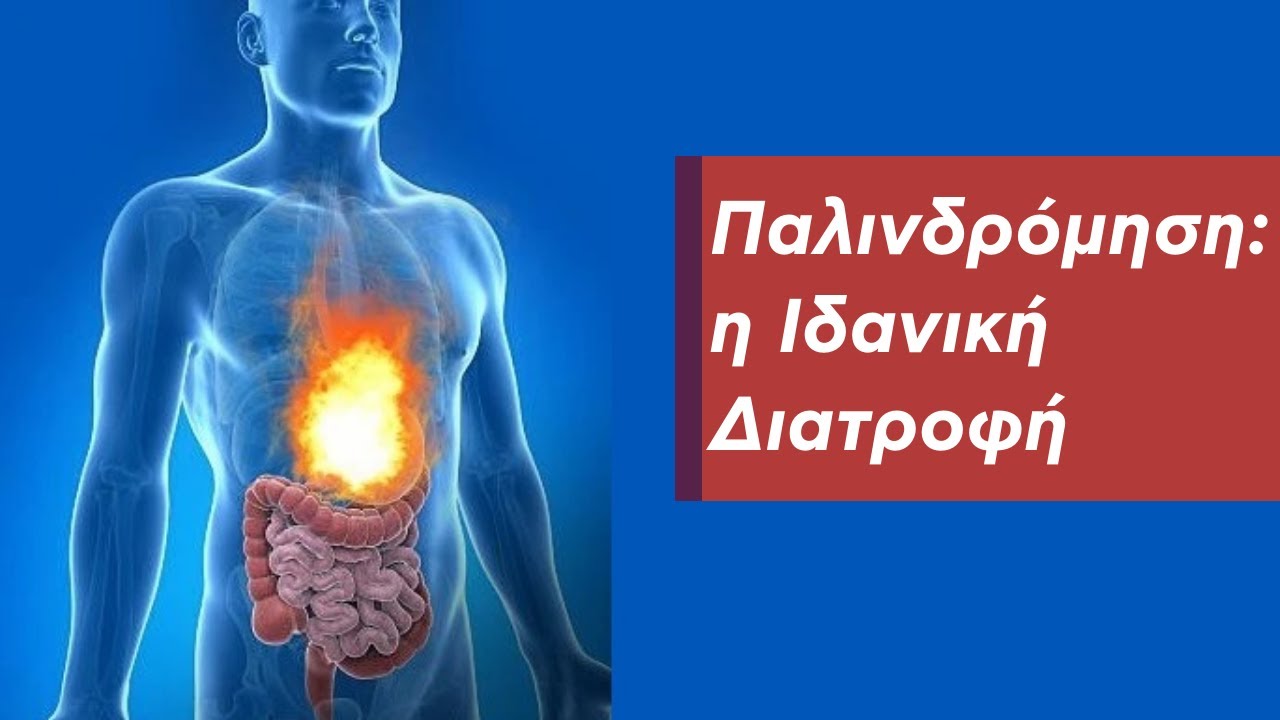
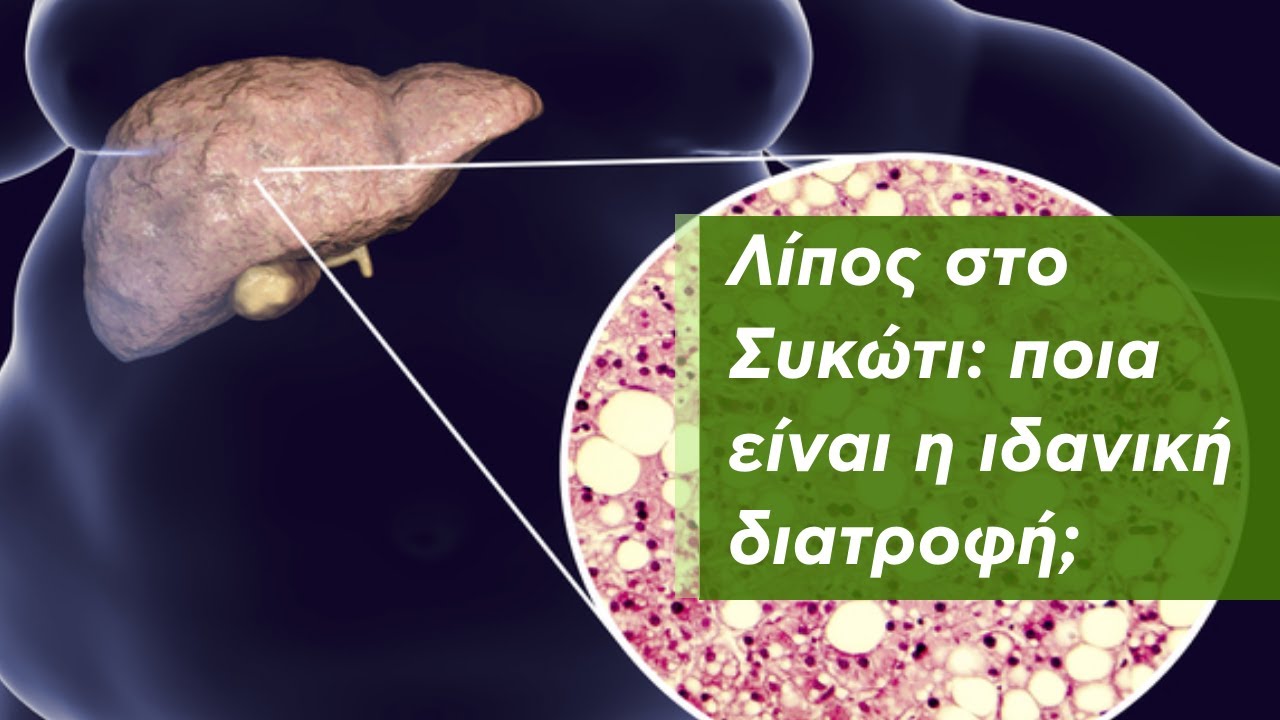
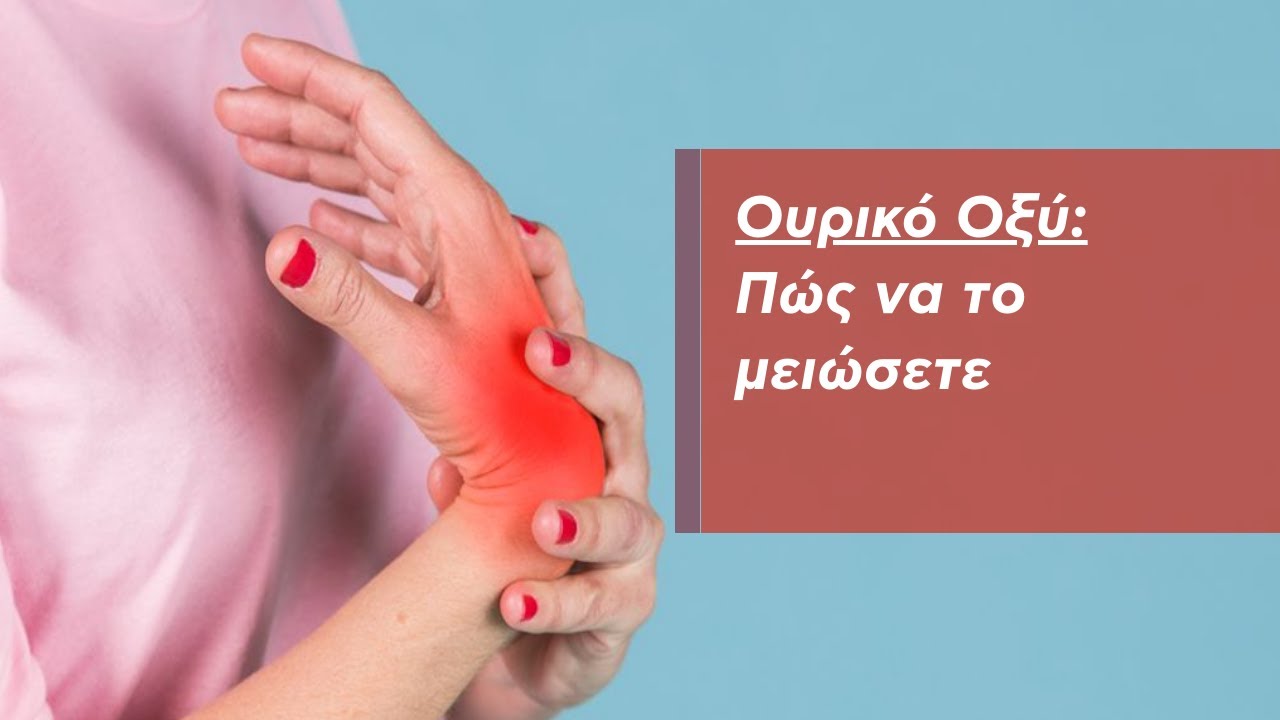
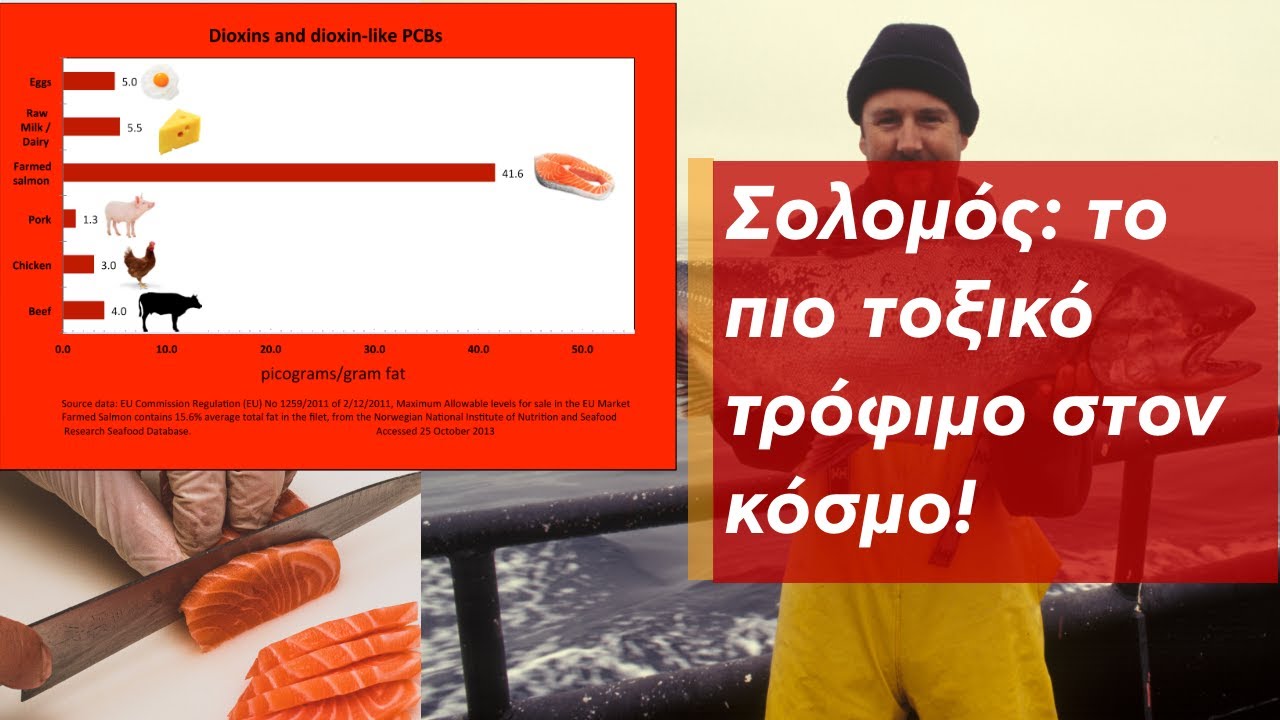
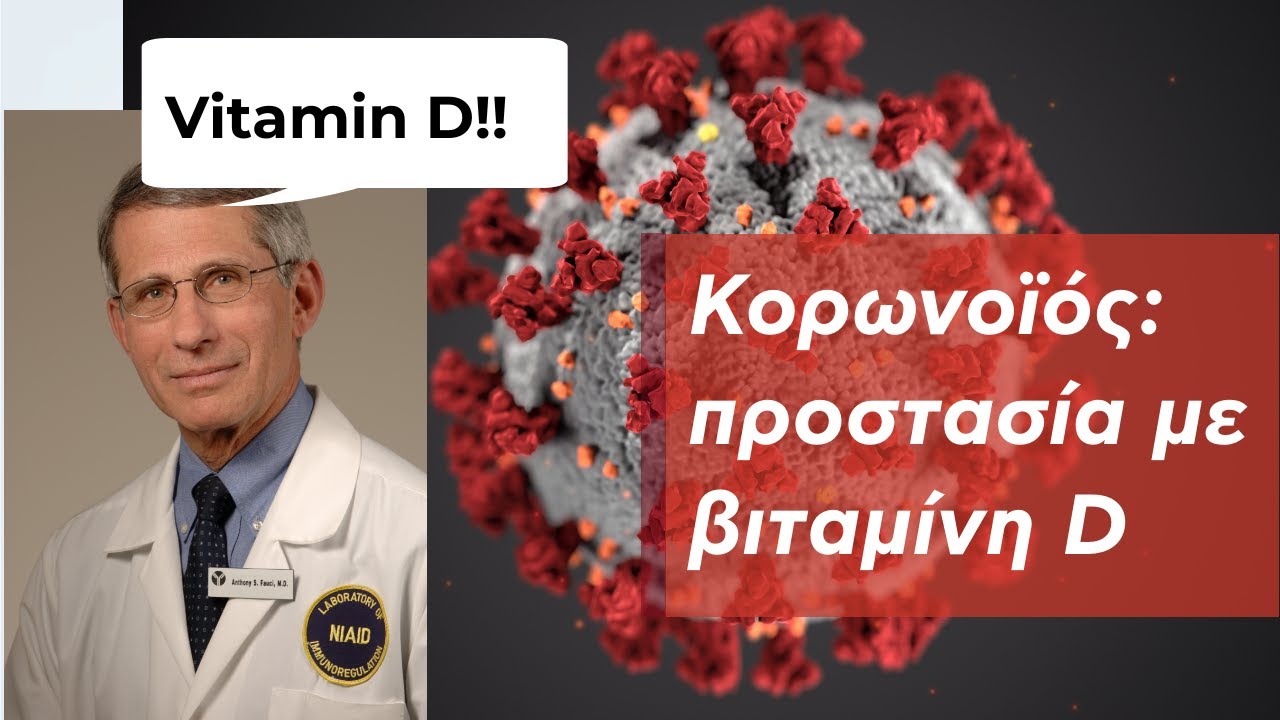
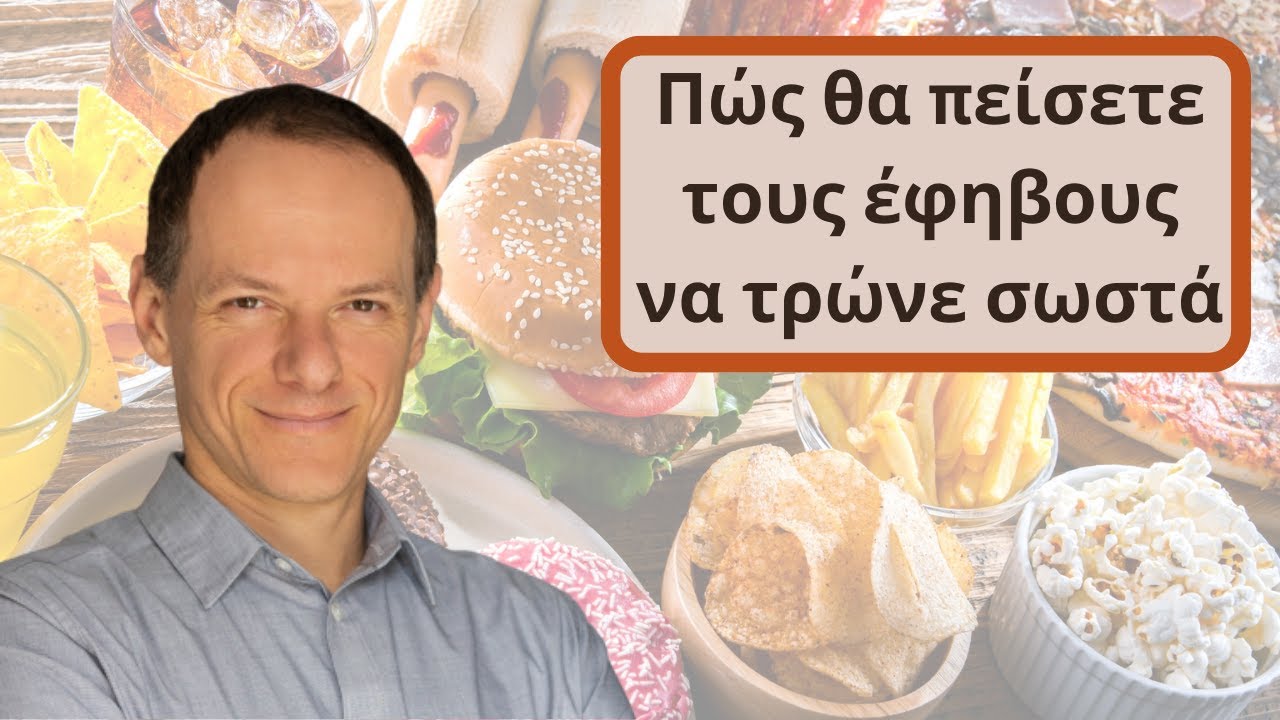



0 Σχόλια